“Gray poses a big challenge for me … It’s neutral, factual, and needs me to bring it to life.” – David Ostrowski
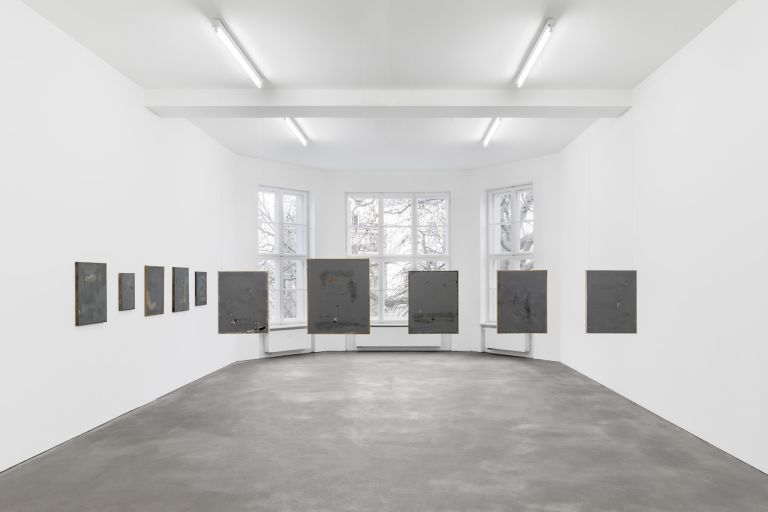
“Gray poses a big challenge for me … It’s neutral, factual, and needs me to bring it to life.” – David Ostrowski

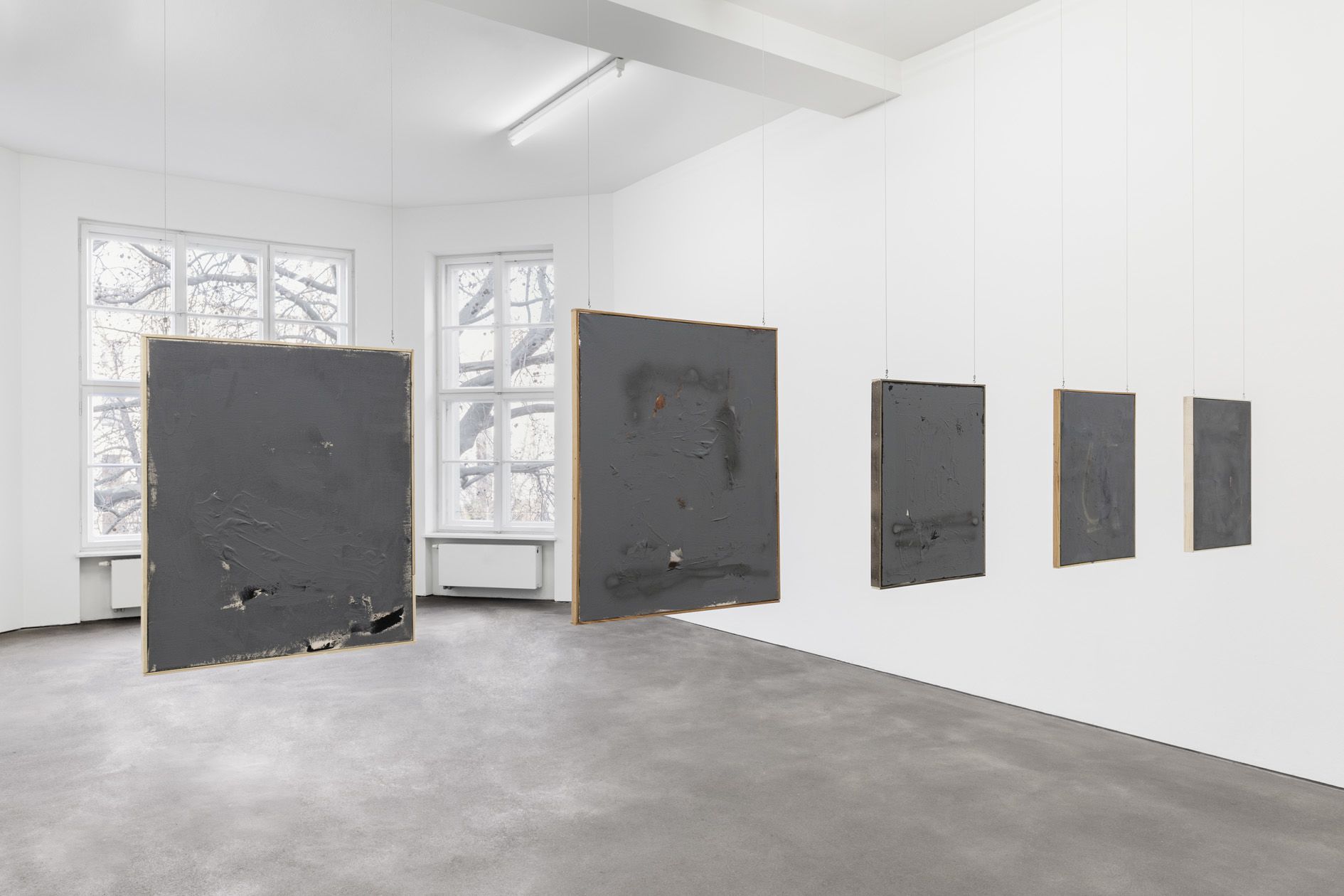
David Ostrowski’s first solo exhibition at the Berlin gallery, So kalt kann es nicht sein / It can’t be that cold, features a new body of work that marks his first systematic approach to the color gray. Known for his minimalistic, abstract canvases in white or black, the gray paintings represent a new chapter in his artistic oeuvre. In using another “non-color”—in this case, a conventional, commercially-available “neutral gray” hue—Ostrowski continues his exploration of a total reduction in painting and a deliberate break with painterly codes and traditions. The new works assume a painterly, sensual, complex quality that is heightened by their small format. Despite their size, they have a significant presence and room-encompassing effect—characteristics enhanced by a gallery presentation that allows for the paintings to become a constitutive part of the space.
David Ostrowski
F (Chris Isaak), 2009/2020
Oil, acrylic and lacquer on canvas, wood
51 × 41 cm
20 × 16 1/8 inches
David Ostrowski
F (Chris Isaak), 2009/2020 (detail)
David Ostrowski
F (Chris Isaak), 2009/2020 (detail)
David Ostrowski
F (Chris Isaak), 2009/2020 (installation view)
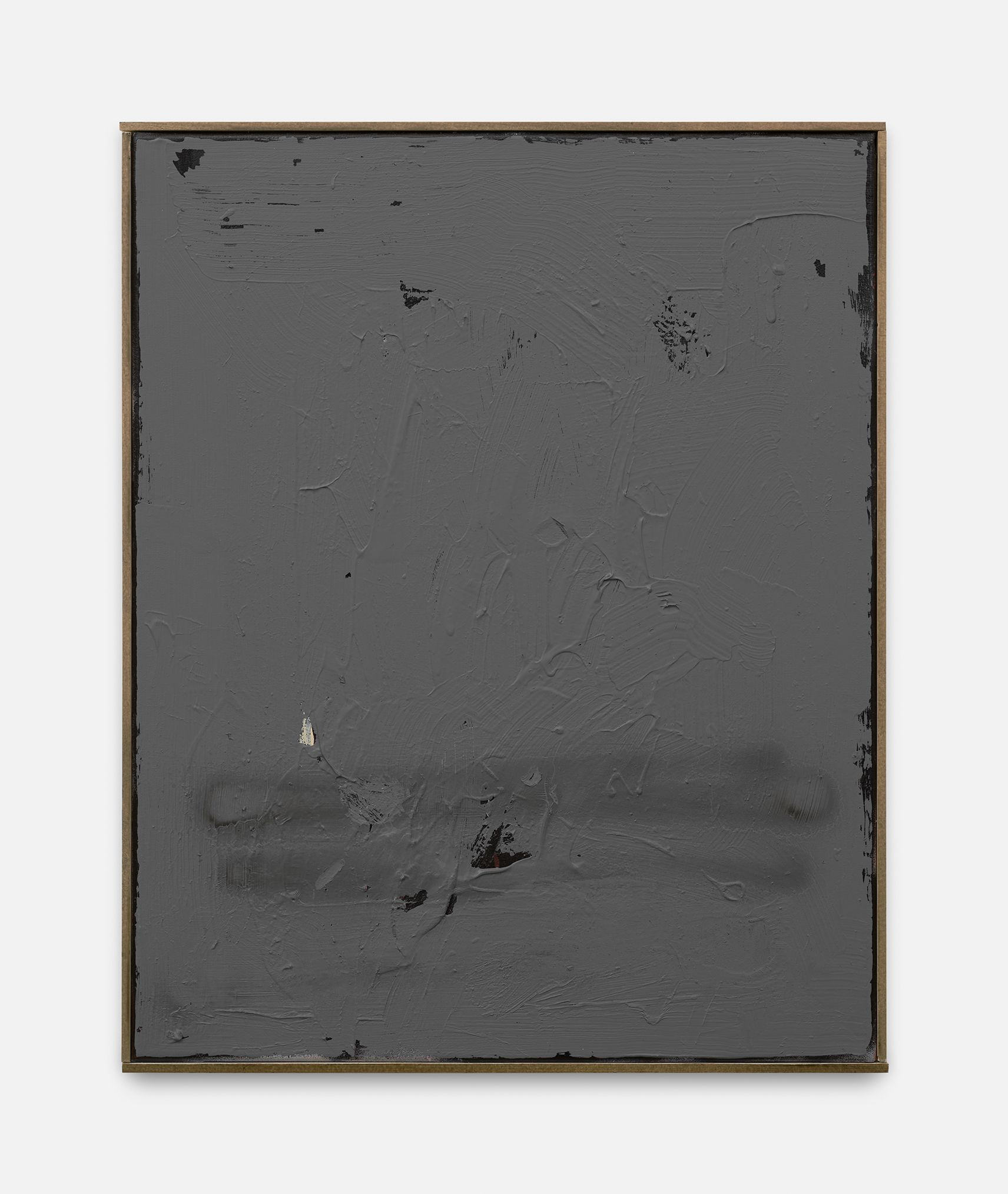
David Ostrowski
F (Chris Isaak), 2009/2020
Oil, acrylic and lacquer on canvas, wood
51 × 41 cm
20 × 16 1/8 inches
David Ostrowski
F (Chris Isaak), 2009/2020
Oil, acrylic and lacquer on canvas, wood
51 × 41 cm
20 × 16 1/8 inches
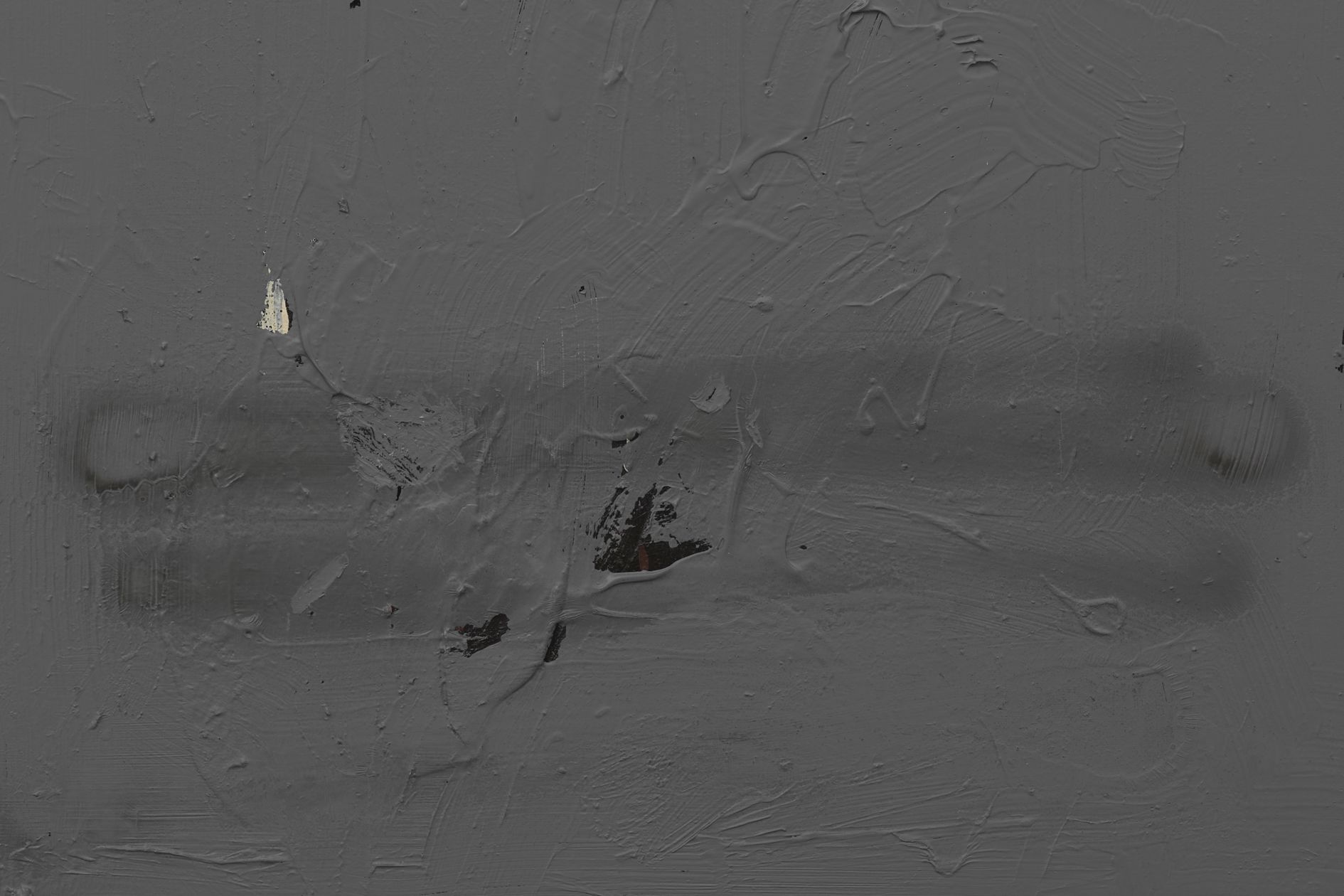

David Ostrowski
F (Chris Isaak), 2009/2020 (detail)
David Ostrowski
F (Chris Isaak), 2009/2020 (detail)


David Ostrowski
F (Chris Isaak), 2009/2020 (detail)
David Ostrowski
F (Chris Isaak), 2009/2020 (detail)

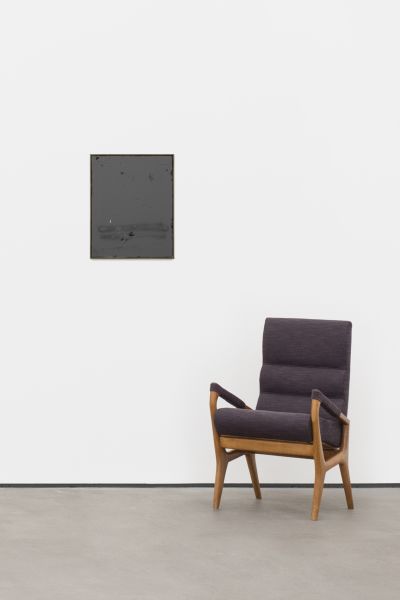
David Ostrowski
F (Chris Isaak), 2009/2020 (installation view)
David Ostrowski
F (Chris Isaak), 2009/2020 (installation view)
David Ostrowski
F (Sheryl Crow), 2008/2021
Oil, acrylic, lacquer and paper on canvas, wood
51 × 41 cm
20 × 16 1/8 inches
David Ostrowski
F (Sheryl Crow), 2008/2021 (detail)
David Ostrowski
F (Sheryl Crow), 2008/2021 (detail)
David Ostrowski
F (Sheryl Crow), 2008/2021 (detail)
David Ostrowski
F (Sheryl Crow), 2008/2021 (installation view)
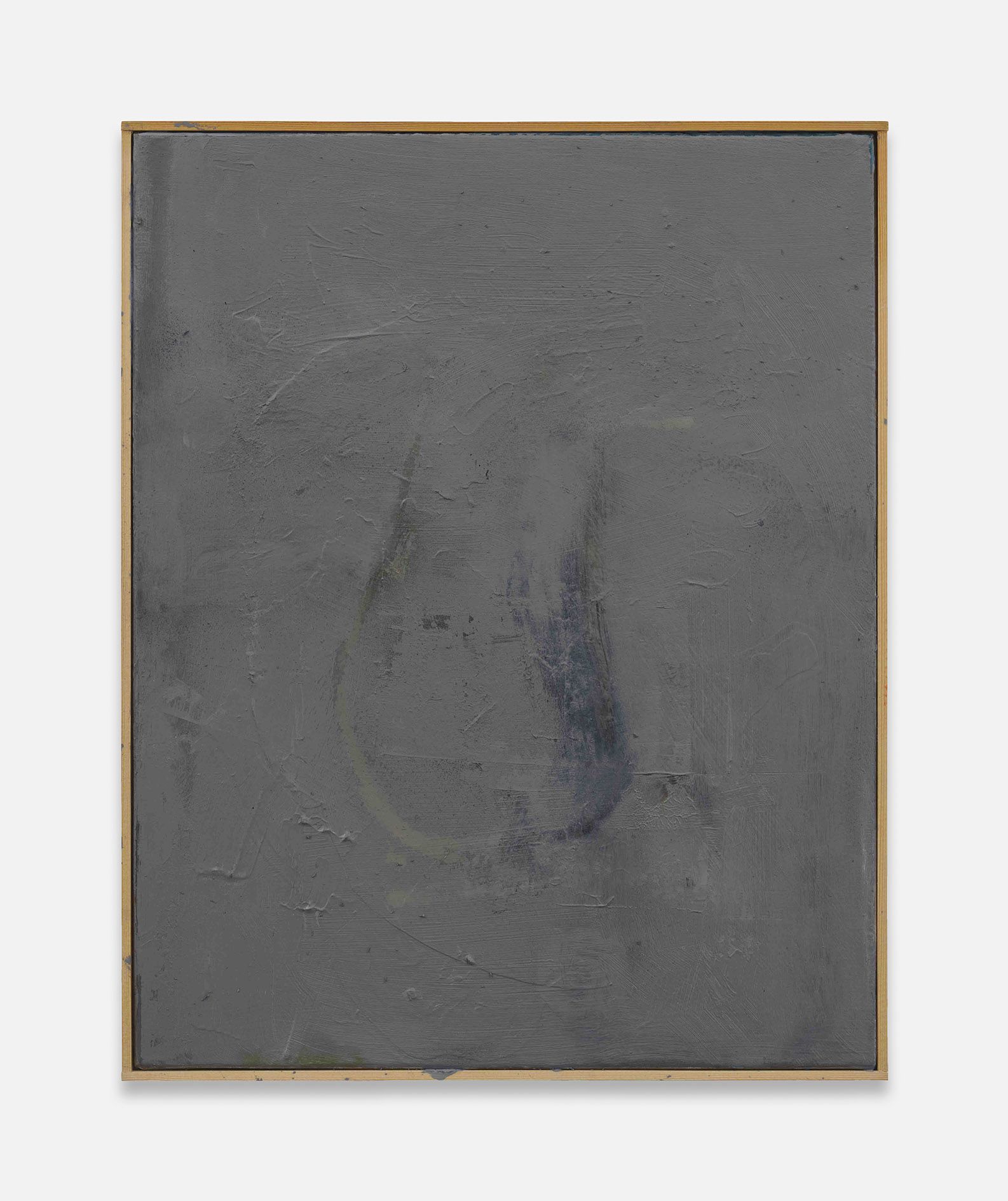
David Ostrowski
F (Sheryl Crow), 2008/2021
Oil, acrylic, lacquer and paper on canvas, wood
51 × 41 cm
20 × 16 1/8 inches
David Ostrowski
F (Sheryl Crow), 2008/2021
Oil, acrylic, lacquer and paper on canvas, wood
51 × 41 cm
20 × 16 1/8 inches
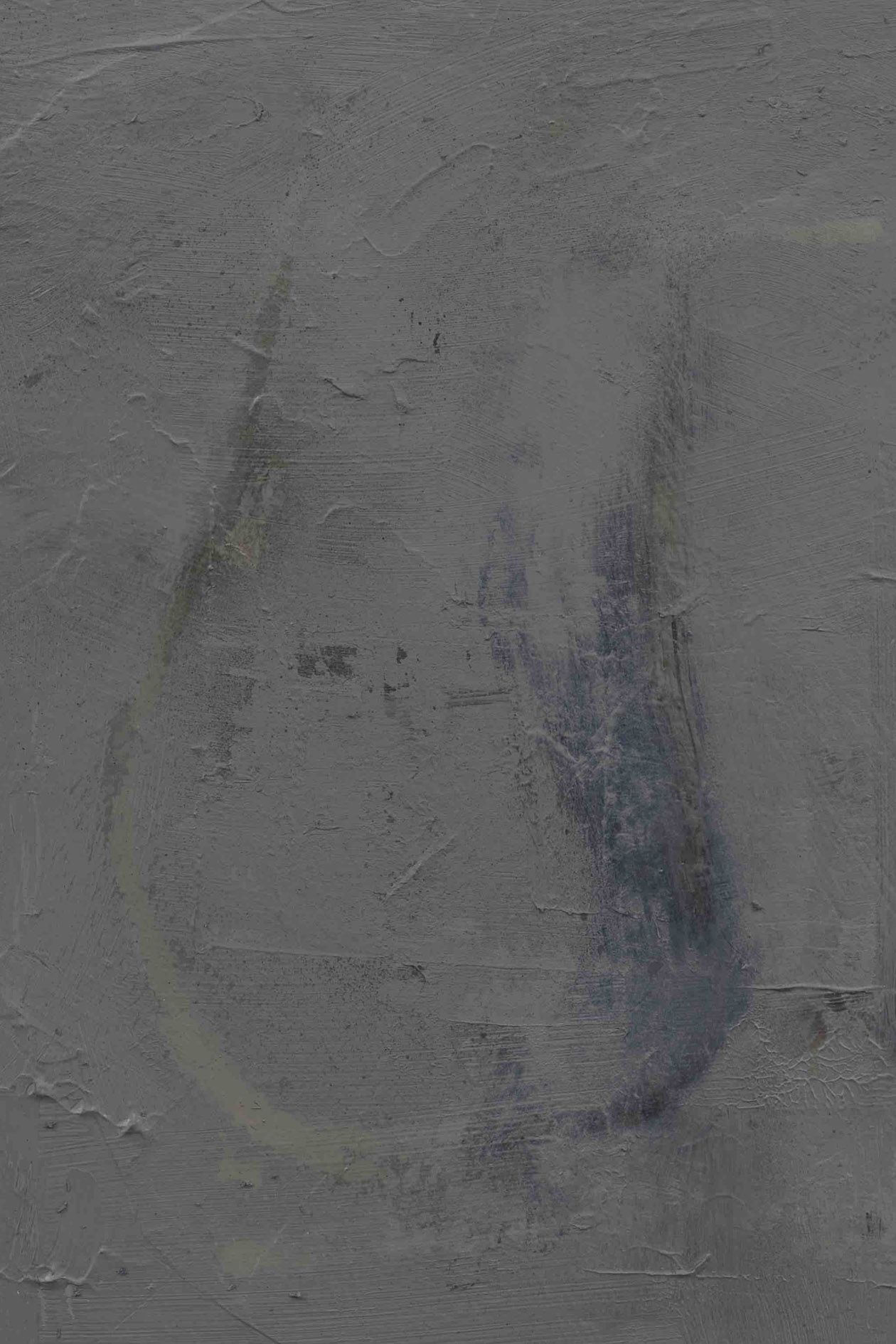

David Ostrowski
F (Sheryl Crow), 2008/2021 (detail)
David Ostrowski
F (Sheryl Crow), 2008/2021 (detail)
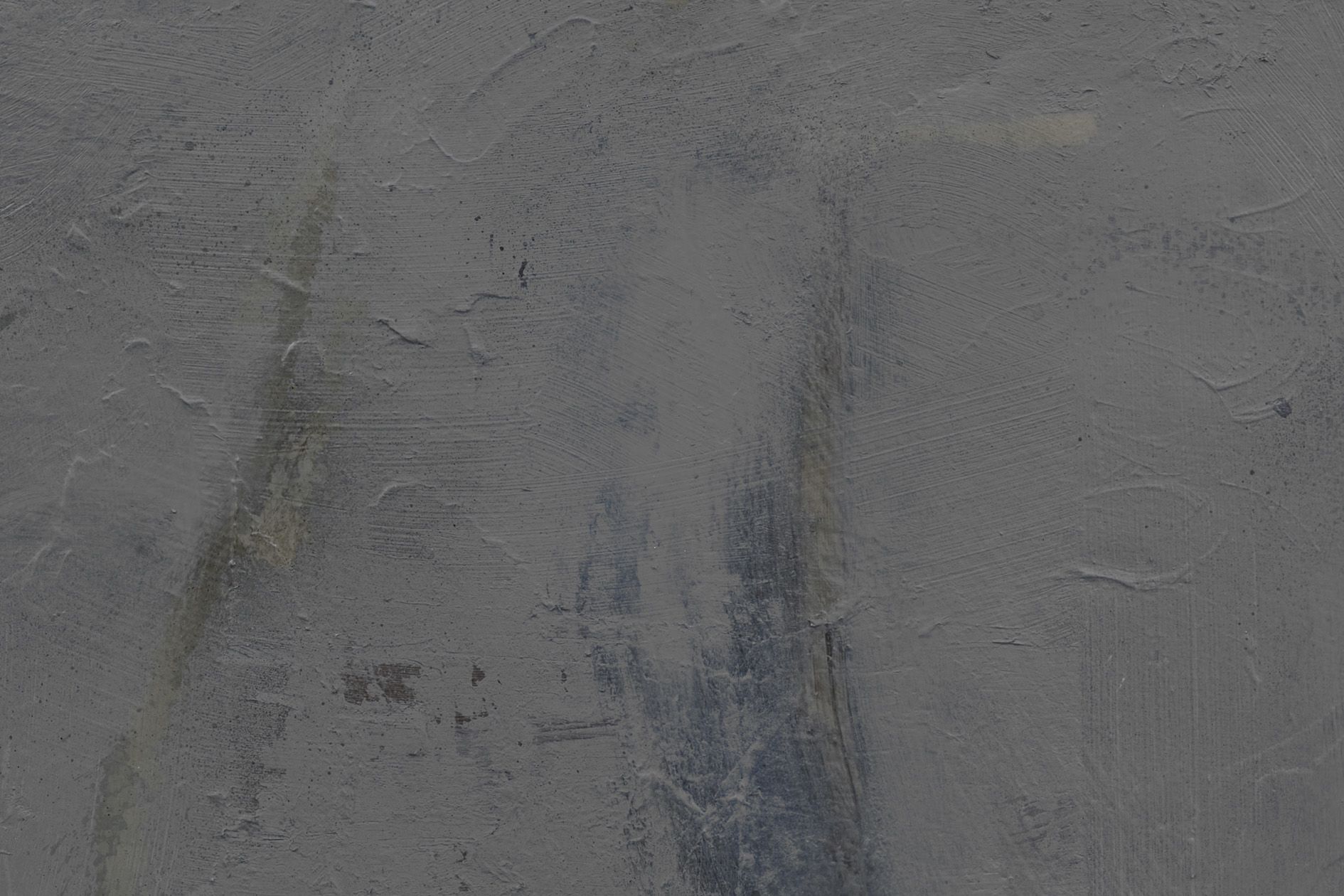

David Ostrowski
F (Sheryl Crow), 2008/2021 (detail)
David Ostrowski
F (Sheryl Crow), 2008/2021 (detail)
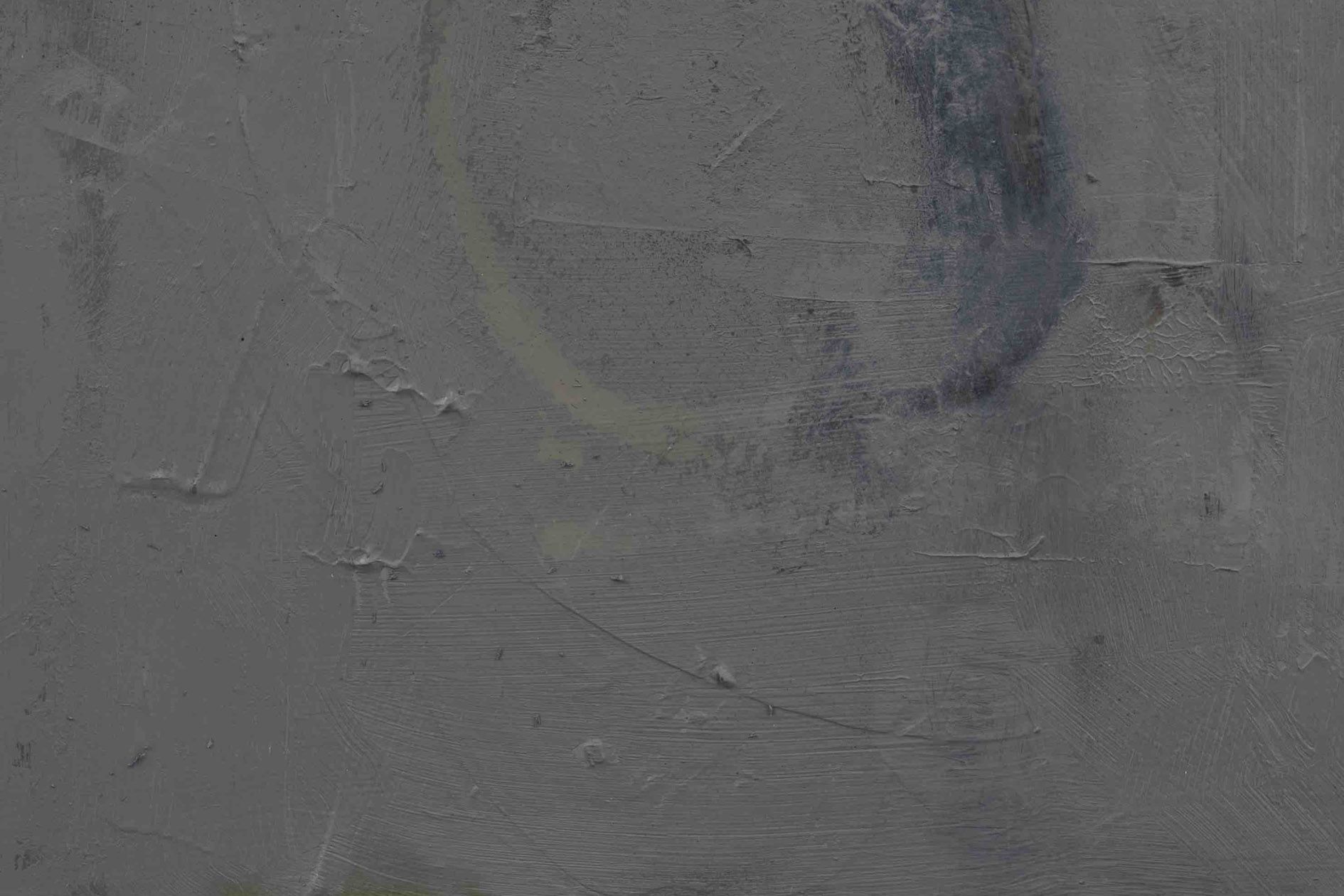

David Ostrowski
F (Sheryl Crow), 2008/2021 (detail)
David Ostrowski
F (Sheryl Crow), 2008/2021 (detail)
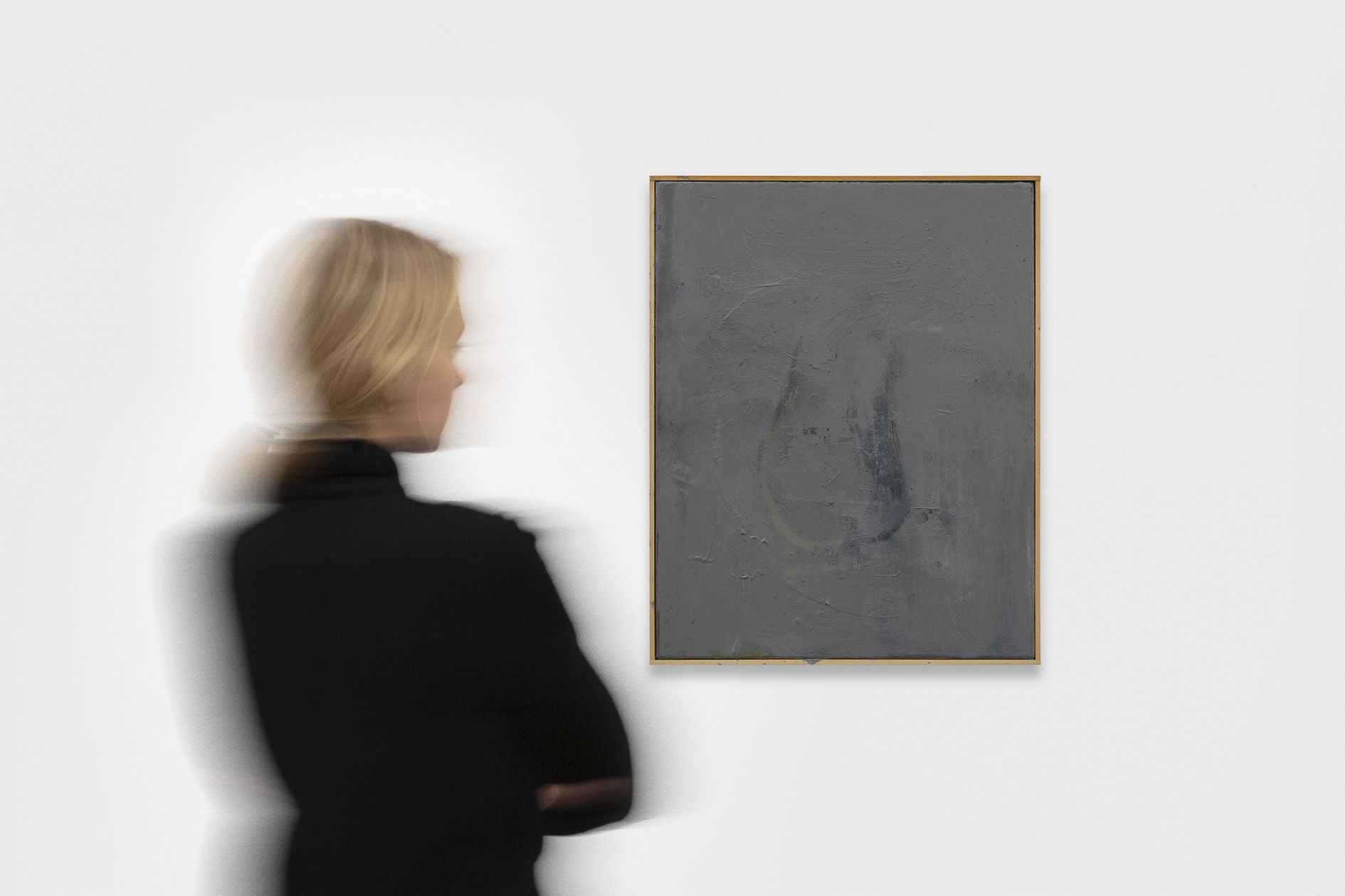

David Ostrowski
F (Sheryl Crow), 2008/2021 (installation view)
David Ostrowski
F (Sheryl Crow), 2008/2021 (installation view)
David Ostrowski
F (Genesis), 2021
Acrylic and lacquer on canvas, wood
61 × 51 cm
24 × 20 inches
David Ostrowski
F (Genesis), 2021 (detail)
David Ostrowski
F (Genesis), 2021 (detail)
David Ostrowski
F (Genesis), 2021 (detail)
David Ostrowski
F (Genesis), 2021 (installation view)
“To me, gray seemed like the logical consequence within my artistic practice.” –David Ostrowski
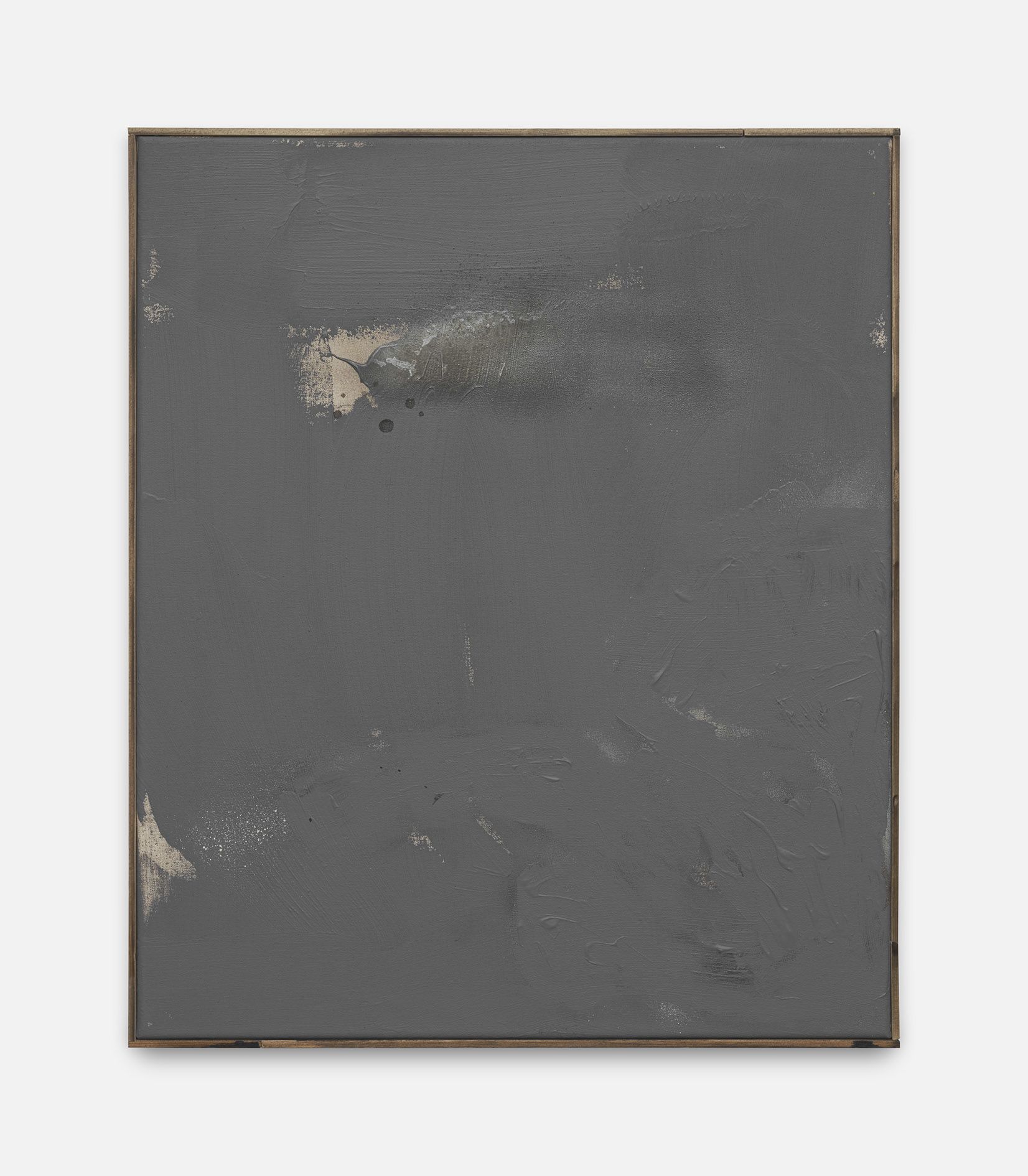
David Ostrowski
F (Genesis), 2021
Acrylic and lacquer on canvas, wood
61 × 51 cm
24 × 20 inches
David Ostrowski
F (Genesis), 2021
Acrylic and lacquer on canvas, wood
61 × 51 cm
24 × 20 inches
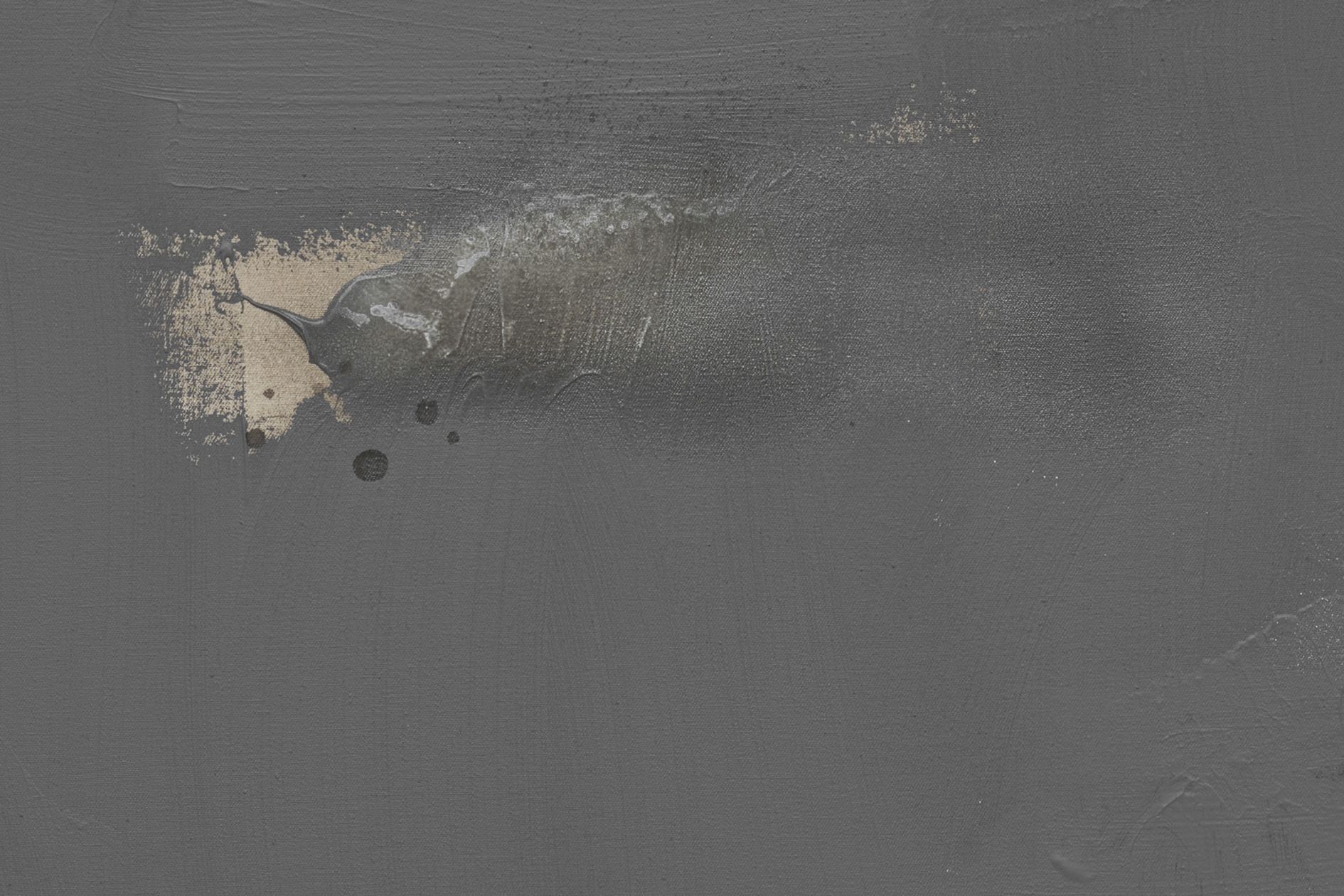

David Ostrowski
F (Genesis), 2021 (detail)
David Ostrowski
F (Genesis), 2021 (detail)
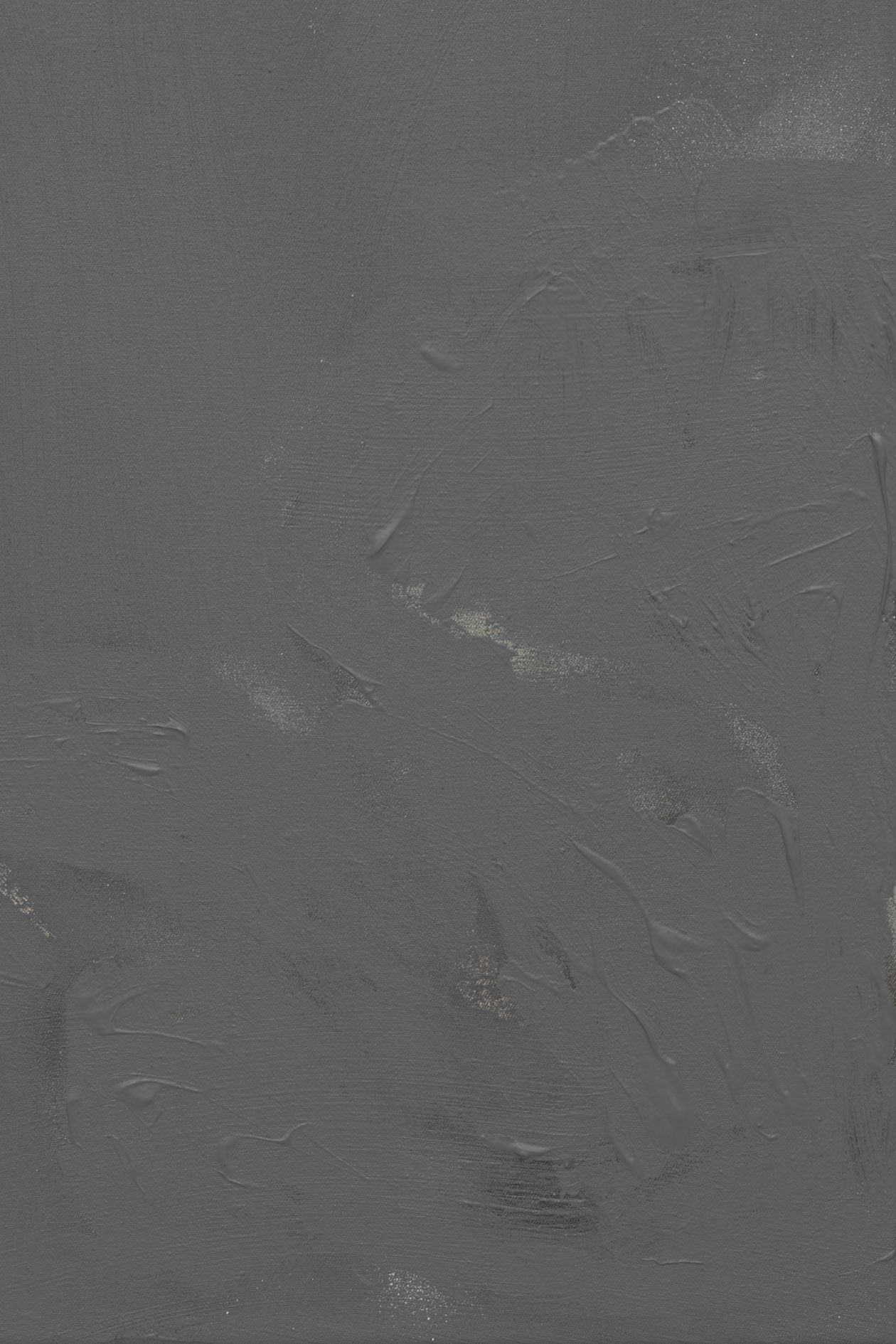

David Ostrowski
F (Genesis), 2021 (detail)
David Ostrowski
F (Genesis), 2021 (detail)
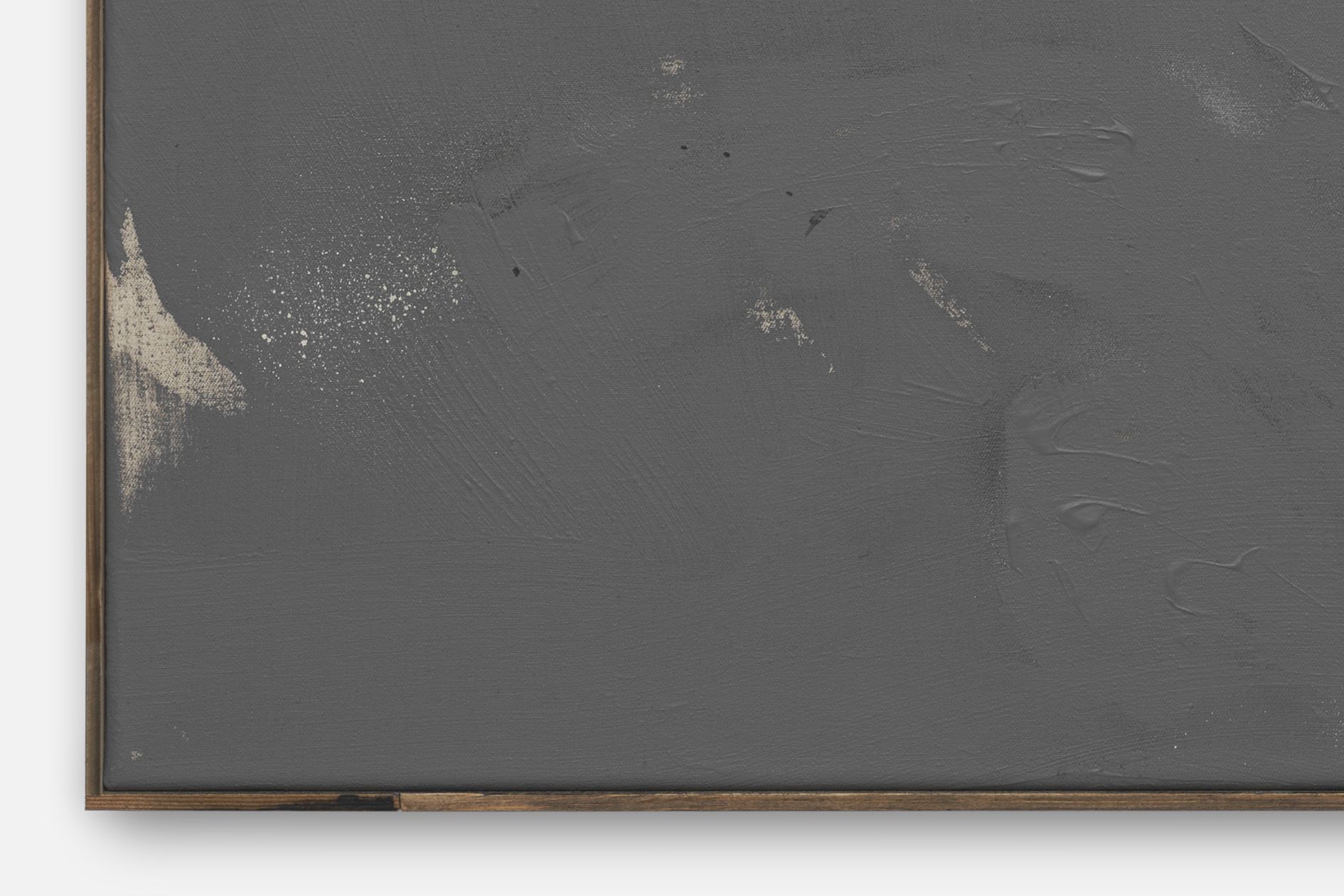

David Ostrowski
F (Genesis), 2021 (detail)
David Ostrowski
F (Genesis), 2021 (detail)

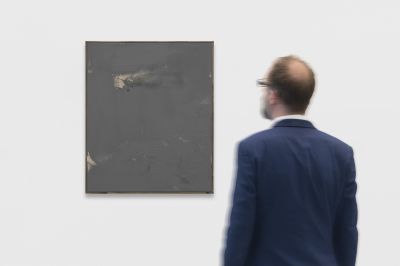
David Ostrowski
F (Genesis), 2021 (installation view)
David Ostrowski
F (Genesis), 2021 (installation view)
“To me, gray seemed like the logical consequence within my artistic practice.” –David Ostrowski
When you first see the gray paintings, you think they are all one color. The image reveals itself over time. It slowly creeps up on you. For me, the appeal was in teasing out whatever else was there. Activating the image in that way makes it exciting to me.” –David Ostrowski
David Ostrowski
F (Michael Bublé), 2009/2020
Oil, acrylic and lacquer on canvas, wood
121 × 101 cm
47 5/8 × 39 3/4 inches
David Ostrowski
F (Michael Bublé), 2009/2020 (detail)
David Ostrowski
F (Michael Bublé), 2009/2020 (detail)
David Ostrowski
F (Michael Bublé), 2009/2020 (installation view)
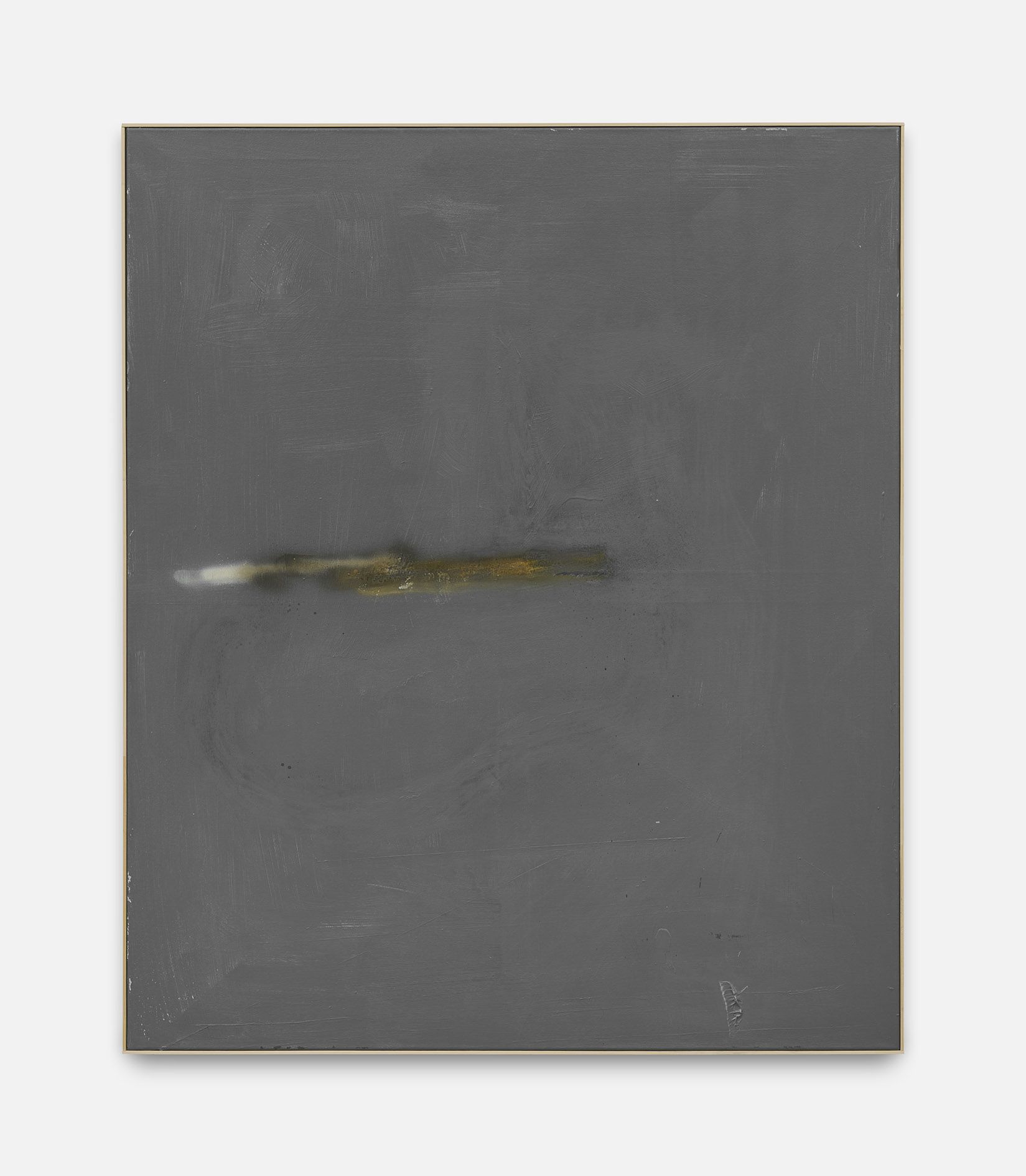
David Ostrowski
F (Michael Bublé), 2009/2020
Oil, acrylic and lacquer on canvas, wood
121 × 101 cm
47 5/8 × 39 3/4 inches
David Ostrowski
F (Michael Bublé), 2009/2020
Oil, acrylic and lacquer on canvas, wood
121 × 101 cm
47 5/8 × 39 3/4 inches


David Ostrowski
F (Michael Bublé), 2009/2020 (detail)
David Ostrowski
F (Michael Bublé), 2009/2020 (detail)


David Ostrowski
F (Michael Bublé), 2009/2020 (detail)
David Ostrowski
F (Michael Bublé), 2009/2020 (detail)


David Ostrowski
F (Michael Bublé), 2009/2020 (installation view)
David Ostrowski
F (Michael Bublé), 2009/2020 (installation view)
When you first see the gray paintings, you think they are all one color. The image reveals itself over time. It slowly creeps up on you. For me, the appeal was in teasing out whatever else was there. Activating the image in that way makes it exciting to me.” –David Ostrowski
What might at first glance appear to be a monochrome surface is upon closer inspection multi-layered and complex. Copious layers of paint are applied to differently sized, but mainly rather small canvases – some new, some reused.
In this new body of work, the artist often paints over his own work while leaving isolated shapes exposed and highlighting or adding to them. It is a process which is also reflected in the dating of his paintings, some of which indicate two different years of creation (e.g. 2008/2020 or 2005/2021).
David Ostrowski
F (Toni Braxton), 2008/2020
Oil, acrylic and paper on canvas, wood
61 × 51 cm
24 × 20 inches
David Ostrowski
F (Toni Braxton), 2008/2020 (detail)
David Ostrowski
F (Toni Braxton), 2008/2020(detail)
David Ostrowski
F (Toni Braxton), 2008/2020 (installation view)

David Ostrowski
F (Toni Braxton), 2008/2020
Oil, acrylic and paper on canvas, wood
61 × 51 cm
24 × 20 inches
David Ostrowski
F (Toni Braxton), 2008/2020
Oil, acrylic and paper on canvas, wood
61 × 51 cm
24 × 20 inches
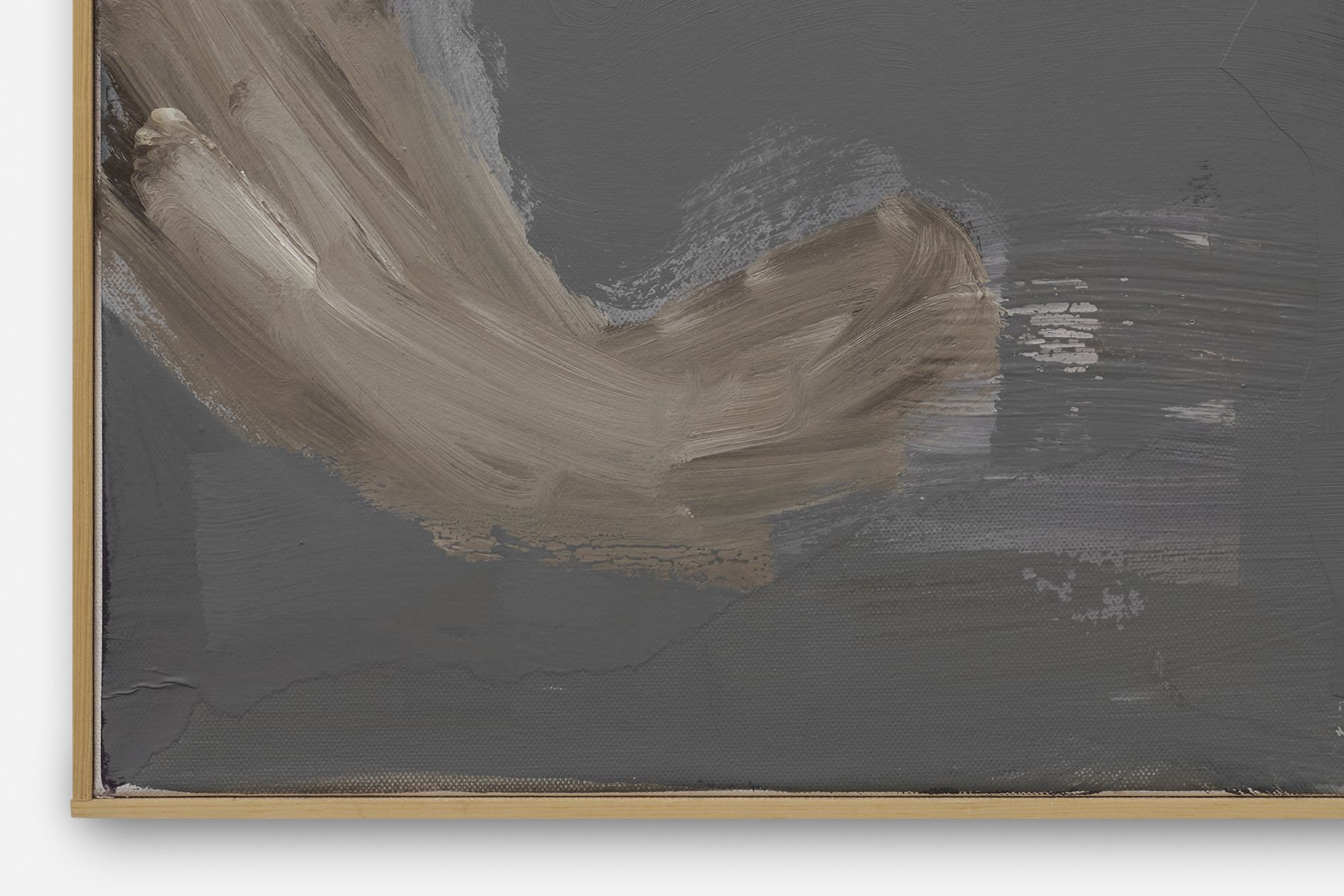

David Ostrowski
F (Toni Braxton), 2008/2020 (detail)
David Ostrowski
F (Toni Braxton), 2008/2020 (detail)
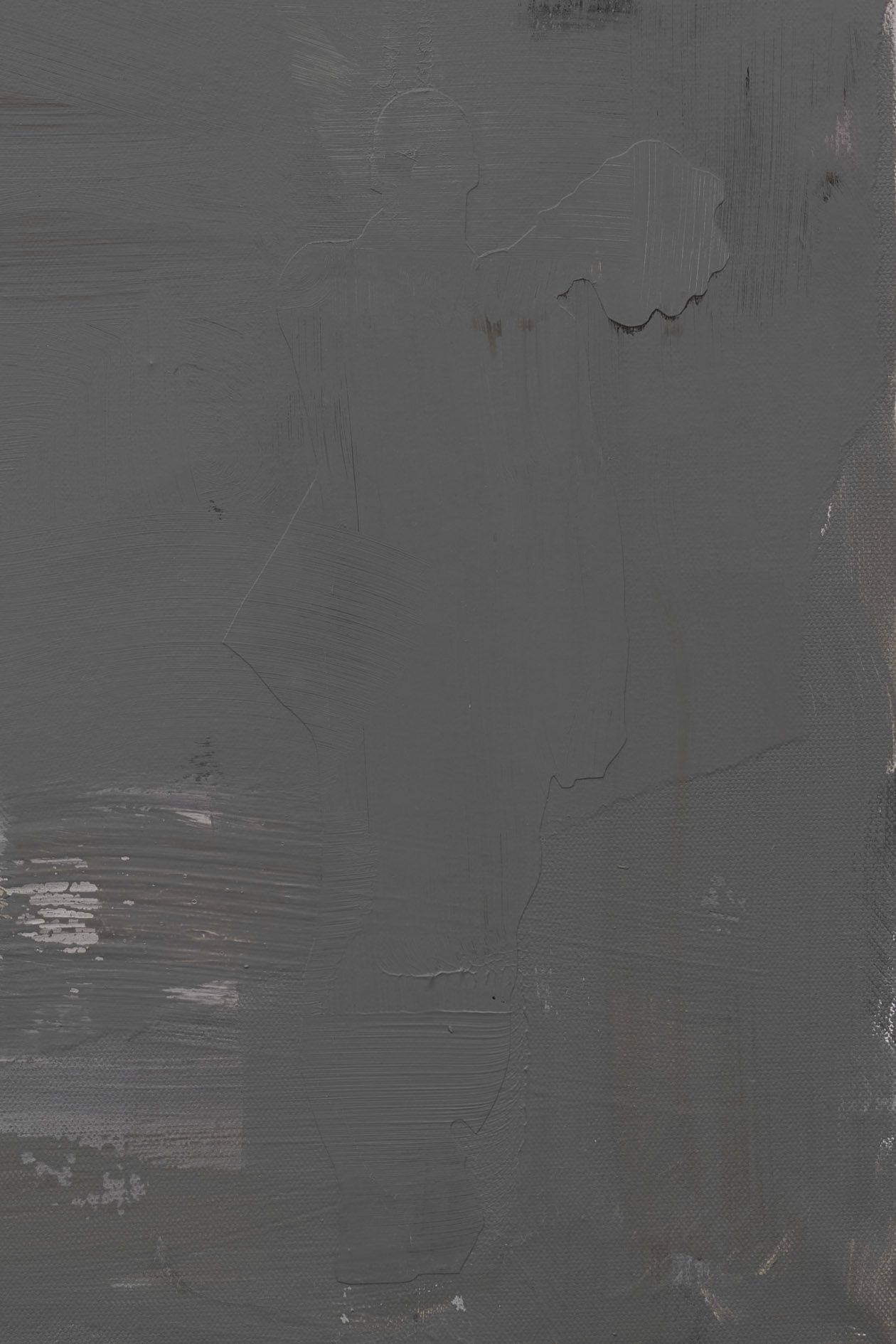

David Ostrowski
F (Toni Braxton), 2008/2020(detail)
David Ostrowski
F (Toni Braxton), 2008/2020(detail)
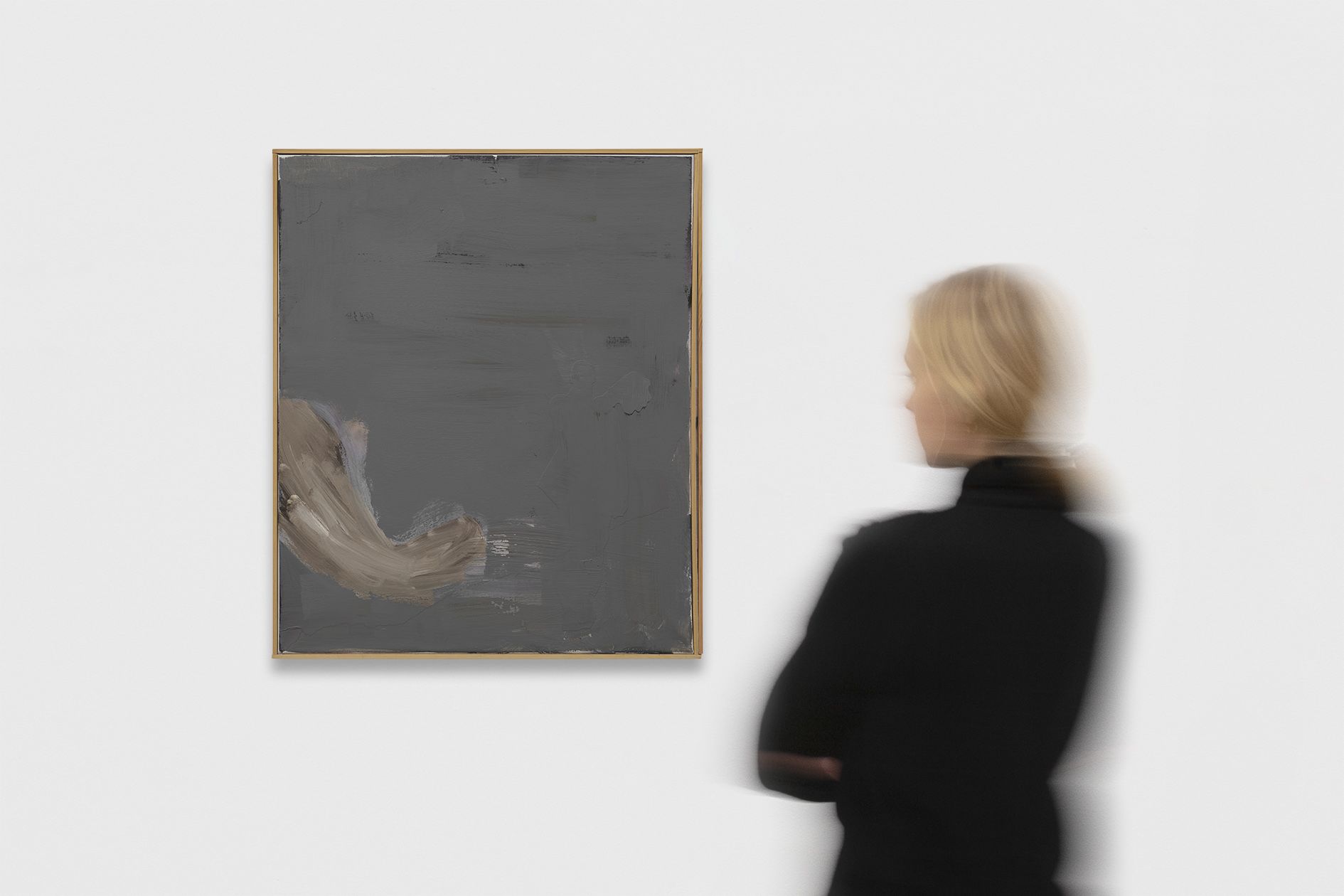

David Ostrowski
F (Toni Braxton), 2008/2020 (installation view)
David Ostrowski
F (Toni Braxton), 2008/2020 (installation view)
David Ostrowski
F (John Mayer), 2008/2020
Acrylic, lacquer and shellac on canvas, wood
61 × 51 cm
24 × 20 inches
David Ostrowski
F (John Mayer), 2008/2020 (detail)
David Ostrowski
F (John Mayer), 2008/2020 (detail)
David Ostrowski
F (John Mayer), 2008/2020 (installation view)
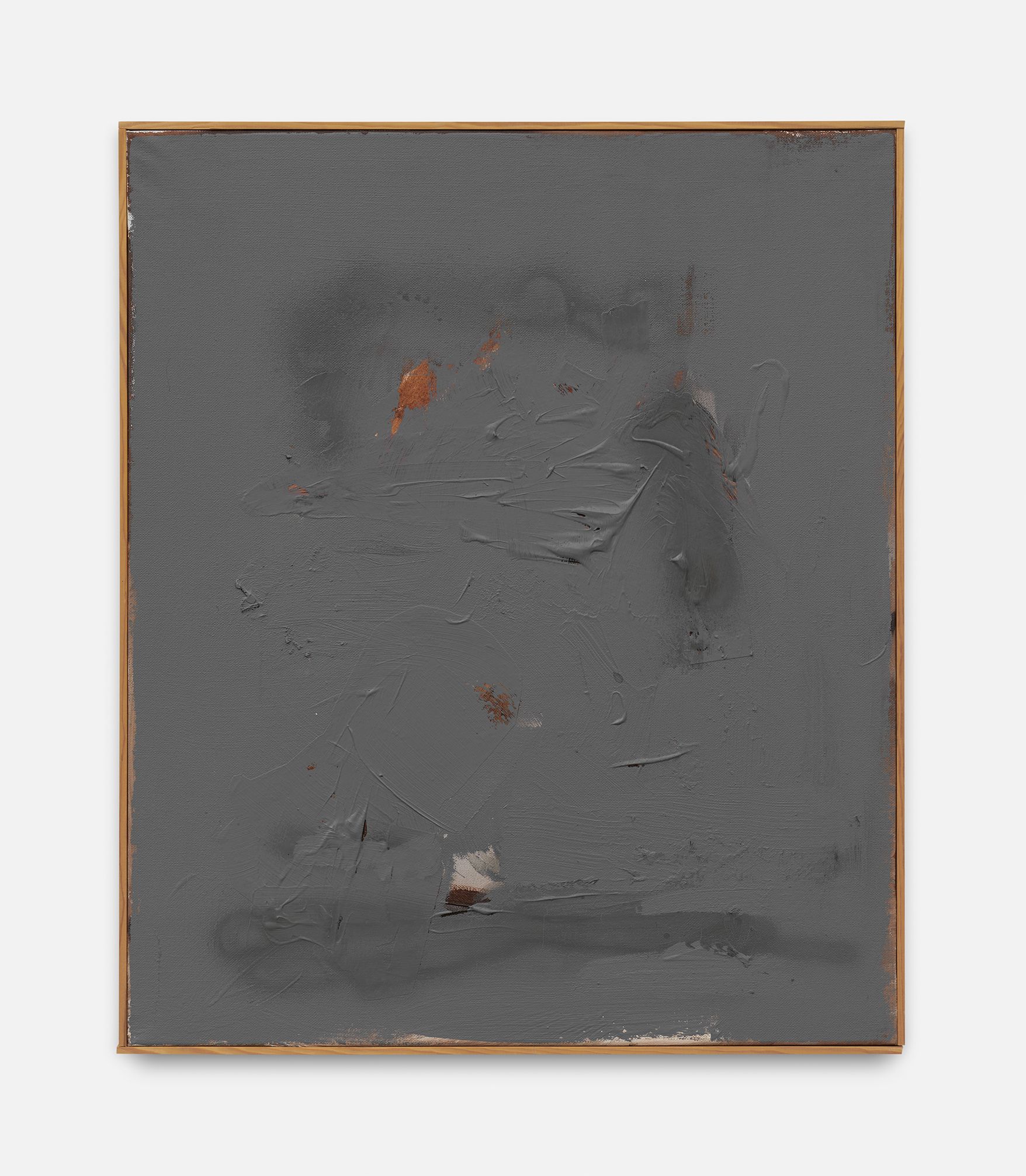
David Ostrowski
F (John Mayer), 2008/2020
Acrylic, lacquer and shellac on canvas, wood
61 × 51 cm
24 × 20 inches
David Ostrowski
F (John Mayer), 2008/2020
Acrylic, lacquer and shellac on canvas, wood
61 × 51 cm
24 × 20 inches
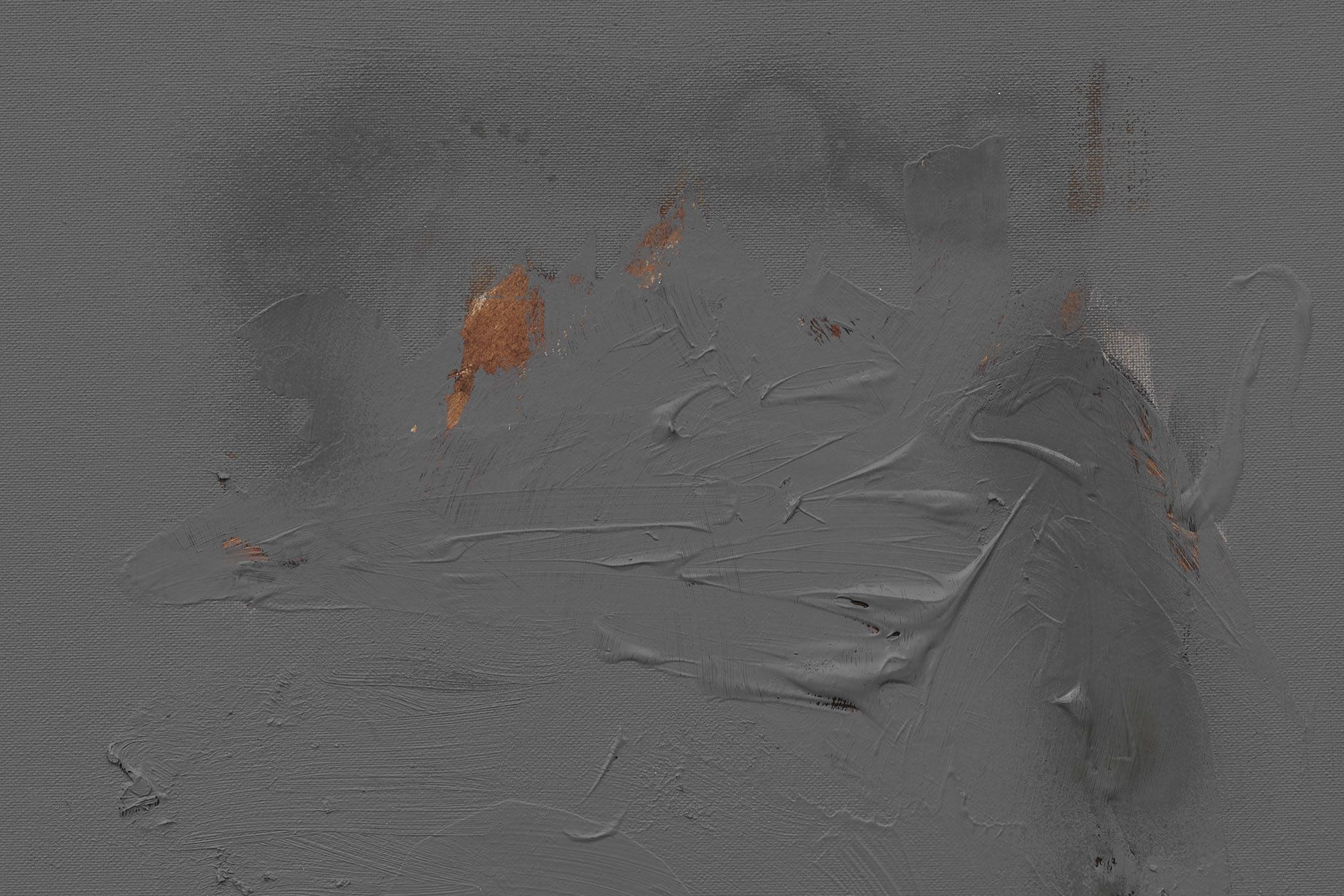

David Ostrowski
F (John Mayer), 2008/2020 (detail)
David Ostrowski
F (John Mayer), 2008/2020 (detail)
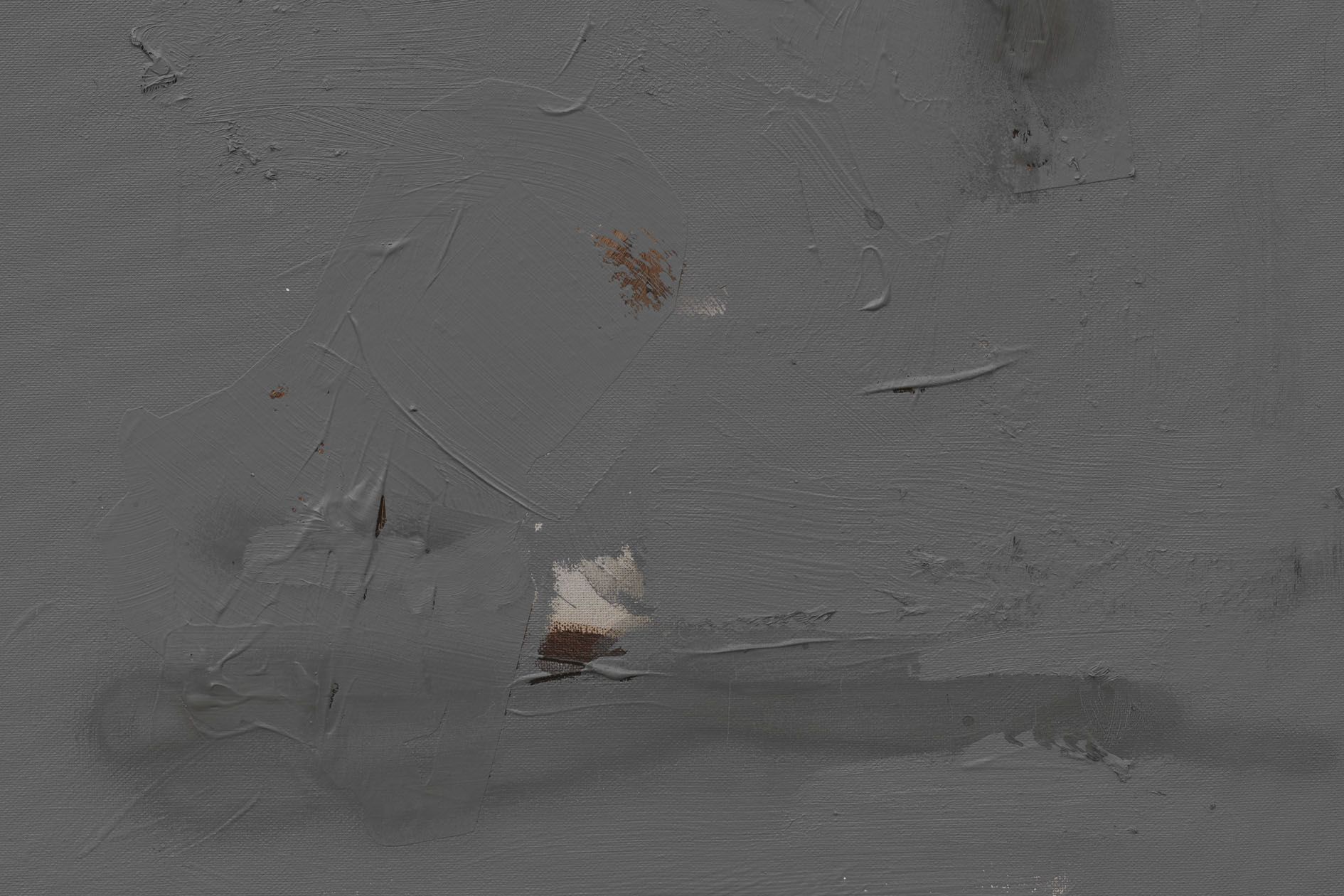

David Ostrowski
F (John Mayer), 2008/2020 (detail)
David Ostrowski
F (John Mayer), 2008/2020 (detail)
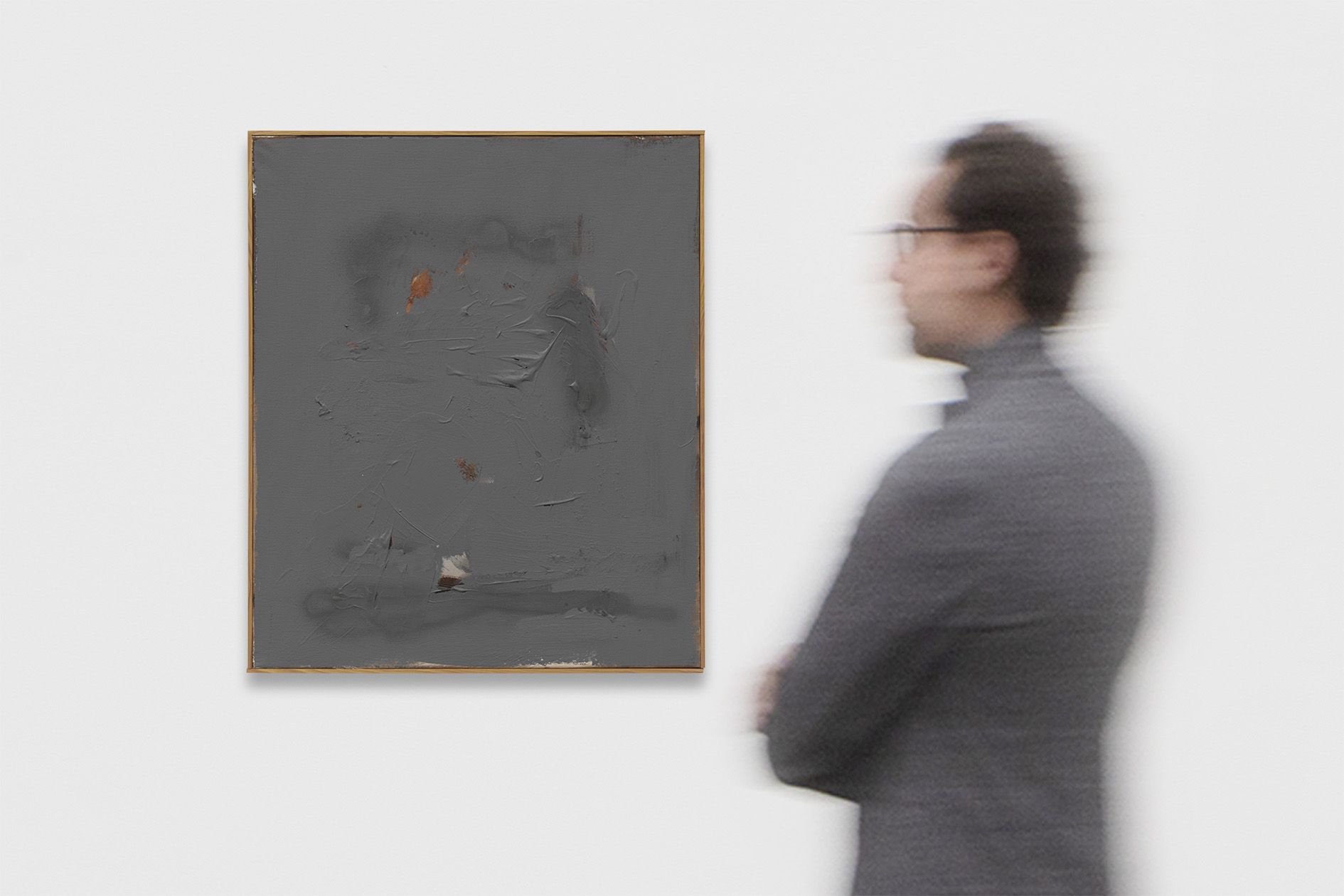

David Ostrowski
F (John Mayer), 2008/2020 (installation view)
David Ostrowski
F (John Mayer), 2008/2020 (installation view)
David Ostrowski
F (Lisa Stansfield), 2021
Acrylic, paper, cardboard and cotton on canvas, wood
181 × 131 cm
71 1/4 × 51 5/8 inches
David Ostrowski
F (Lisa Stansfield), 2021 (detail)
David Ostrowski
F (Lisa Stansfield), 2021 (detail)
David Ostrowski
F (Lisa Stansfield), 2021 (installation view)
The revealed underpainting becomes something of a window that both enables a peek behind the gray façade and underscores the sense of depths. It lends the work a certain three-dimensionality, and creates moments in which the surrounding space come to bear in the composition.

David Ostrowski
F (Lisa Stansfield), 2021
Acrylic, paper, cardboard and cotton on canvas, wood
181 × 131 cm
71 1/4 × 51 5/8 inches
David Ostrowski
F (Lisa Stansfield), 2021
Acrylic, paper, cardboard and cotton on canvas, wood
181 × 131 cm
71 1/4 × 51 5/8 inches


David Ostrowski
F (Lisa Stansfield), 2021 (detail)
David Ostrowski
F (Lisa Stansfield), 2021 (detail)


David Ostrowski
F (Lisa Stansfield), 2021 (detail)
David Ostrowski
F (Lisa Stansfield), 2021 (detail)


David Ostrowski
F (Lisa Stansfield), 2021 (installation view)
David Ostrowski
F (Lisa Stansfield), 2021 (installation view)
The revealed underpainting becomes something of a window that both enables a peek behind the gray façade and underscores the sense of depths. It lends the work a certain three-dimensionality, and creates moments in which the surrounding space come to bear in the composition.
Certain works find Ostrowski extending the overpainting all the way to the frame, so that it also becomes part of the painting’s overall surface.
His painting process is deliberately laid bare, giving his painting a collage-like quality. A closer look often reveals traces of dirt, bits of paper, and found footage material from his studio.
David Ostrowski
F (Taylor Swift), 2020
Acrylic and lacquer on canvas, wood
41 × 31 cm
16 1/8 × 12 1/8 inches
David Ostrowski
F (Taylor Swift), 2020 (detail)
David Ostrowski
F (Taylor Swift), 2020 (detail)
David Ostrowski
F (Taylor Swift), 2020 (detail)
David Ostrowski
F (Taylor Swift), 2020 (installation view)
David Ostrowski
F (Chaka Khan), 2006/2021
Acrylic and lacquer on canvas, wood
51 × 41 cm
20 × 16 1/8 inches
David Ostrowski
F (Chaka Khan), 2006/2021 (detail)
David Ostrowski
F (Chaka Khan), 2006/2021 (detail)
David Ostrowski
F (Chaka Khan), 2006/2021 (installation view)
David Ostrowski
F (Faith Hill), 2005/2021
Oil, acrylic and lacquer on canvas, wood
61 × 41 cm
24 × 16 1/8 inches
David Ostrowski
F (Faith Hill), 2005/2021 (detail)
David Ostrowski
F (Faith Hill), 2005/2021 (detail)
David Ostrowski
F (Faith Hill), 2005/2021 (installation view)
David Ostrowski
F (Garth Brooks), 2008/2021
Oil, acrylic, lacquer and paper on canvas, wood
61 × 51 cm
24 × 20 inches
David Ostrowski
F (Garth Brooks), 2008/2021 (detail)
David Ostrowski
F (Garth Brooks), 2008/2021 (detail)
David Ostrowski
F (Garth Brooks), 2008/2021 (installation view)
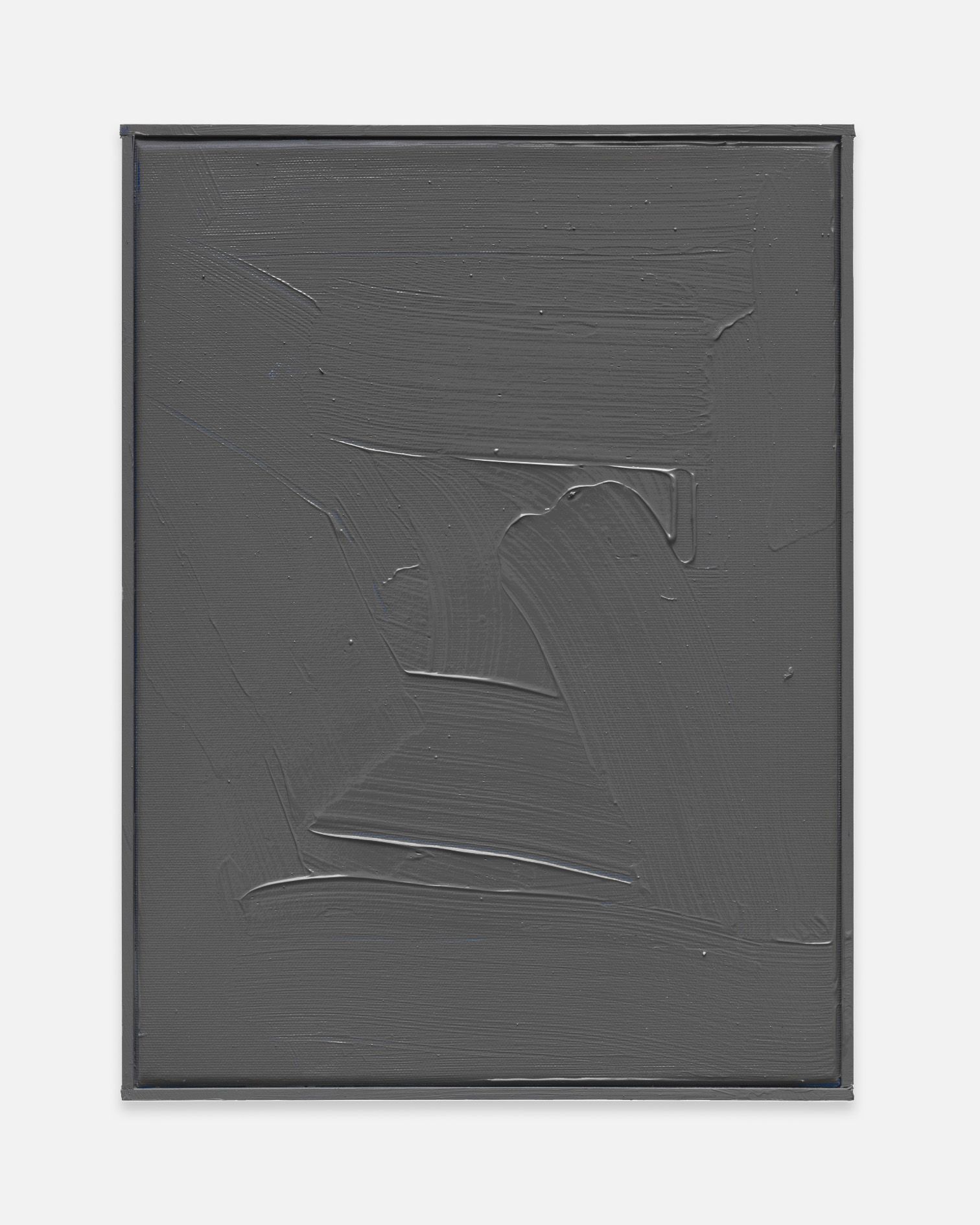
David Ostrowski
F (Taylor Swift), 2020
Acrylic and lacquer on canvas, wood
41 × 31 cm
16 1/8 × 12 1/8 inches
David Ostrowski
F (Taylor Swift), 2020
Acrylic and lacquer on canvas, wood
41 × 31 cm
16 1/8 × 12 1/8 inches
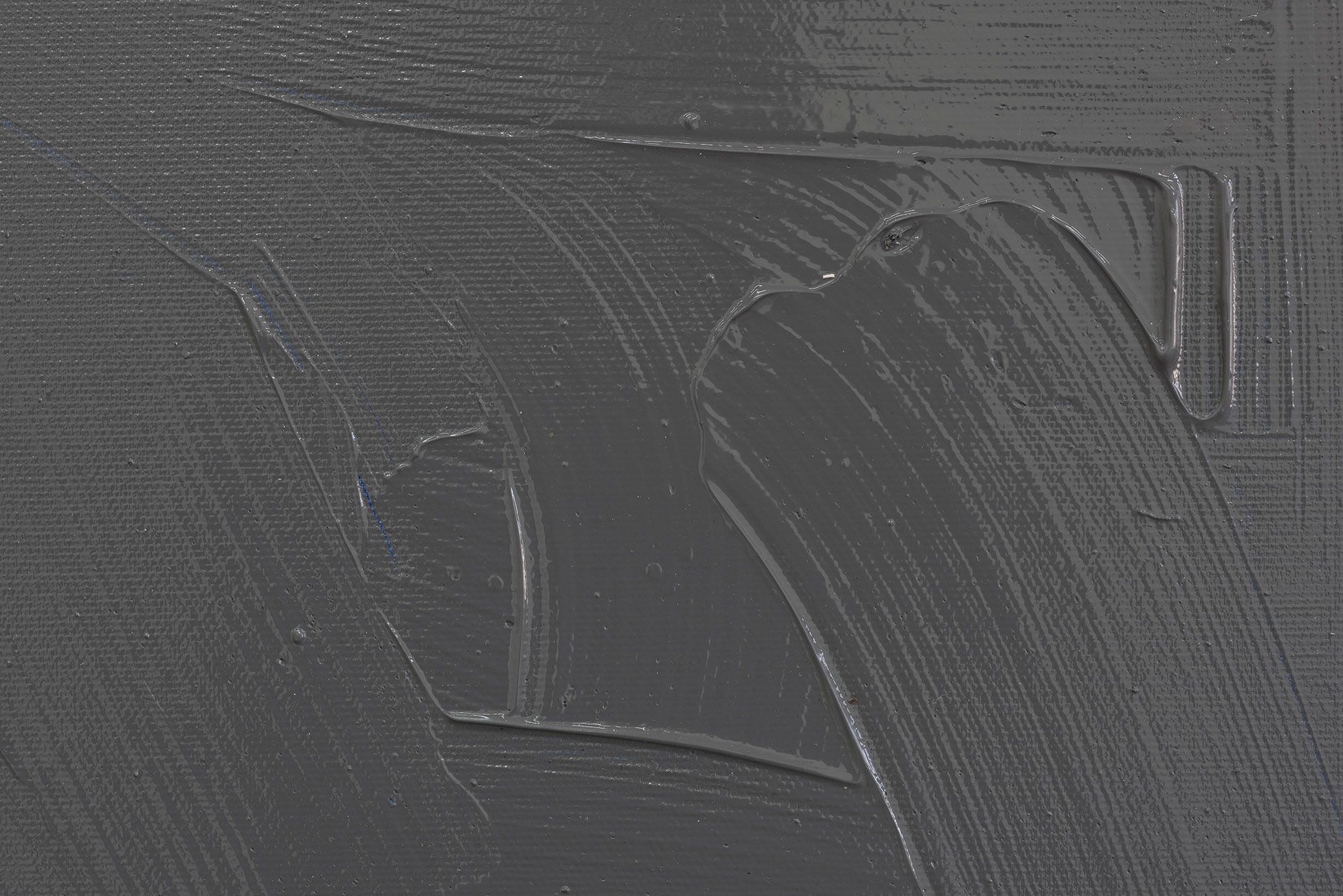

David Ostrowski
F (Taylor Swift), 2020 (detail)
David Ostrowski
F (Taylor Swift), 2020 (detail)


David Ostrowski
F (Taylor Swift), 2020 (detail)
David Ostrowski
F (Taylor Swift), 2020 (detail)
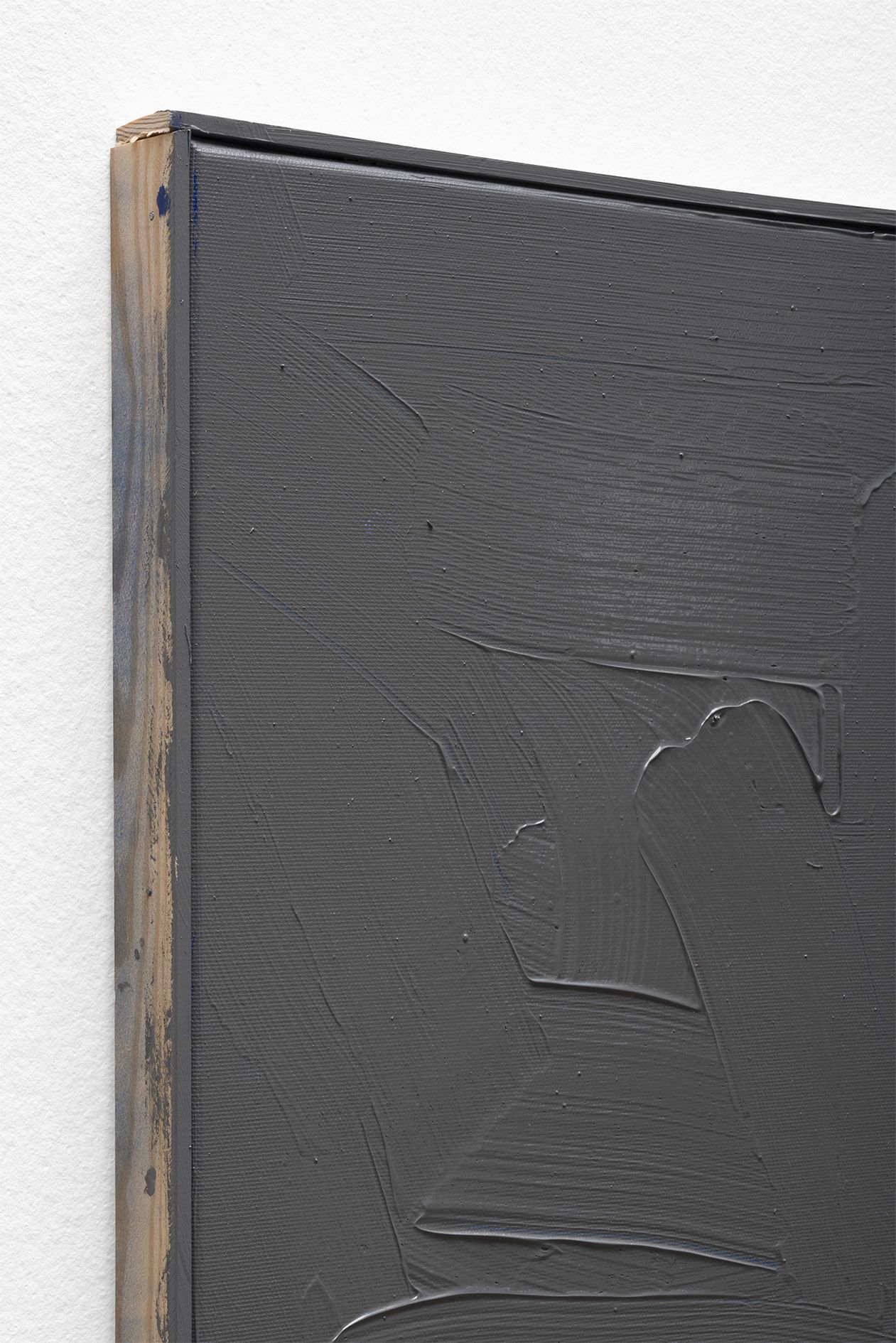

David Ostrowski
F (Taylor Swift), 2020 (detail)
David Ostrowski
F (Taylor Swift), 2020 (detail)

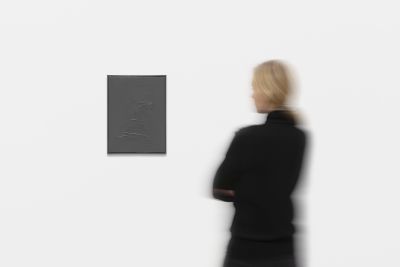
David Ostrowski
F (Taylor Swift), 2020 (installation view)
David Ostrowski
F (Taylor Swift), 2020 (installation view)
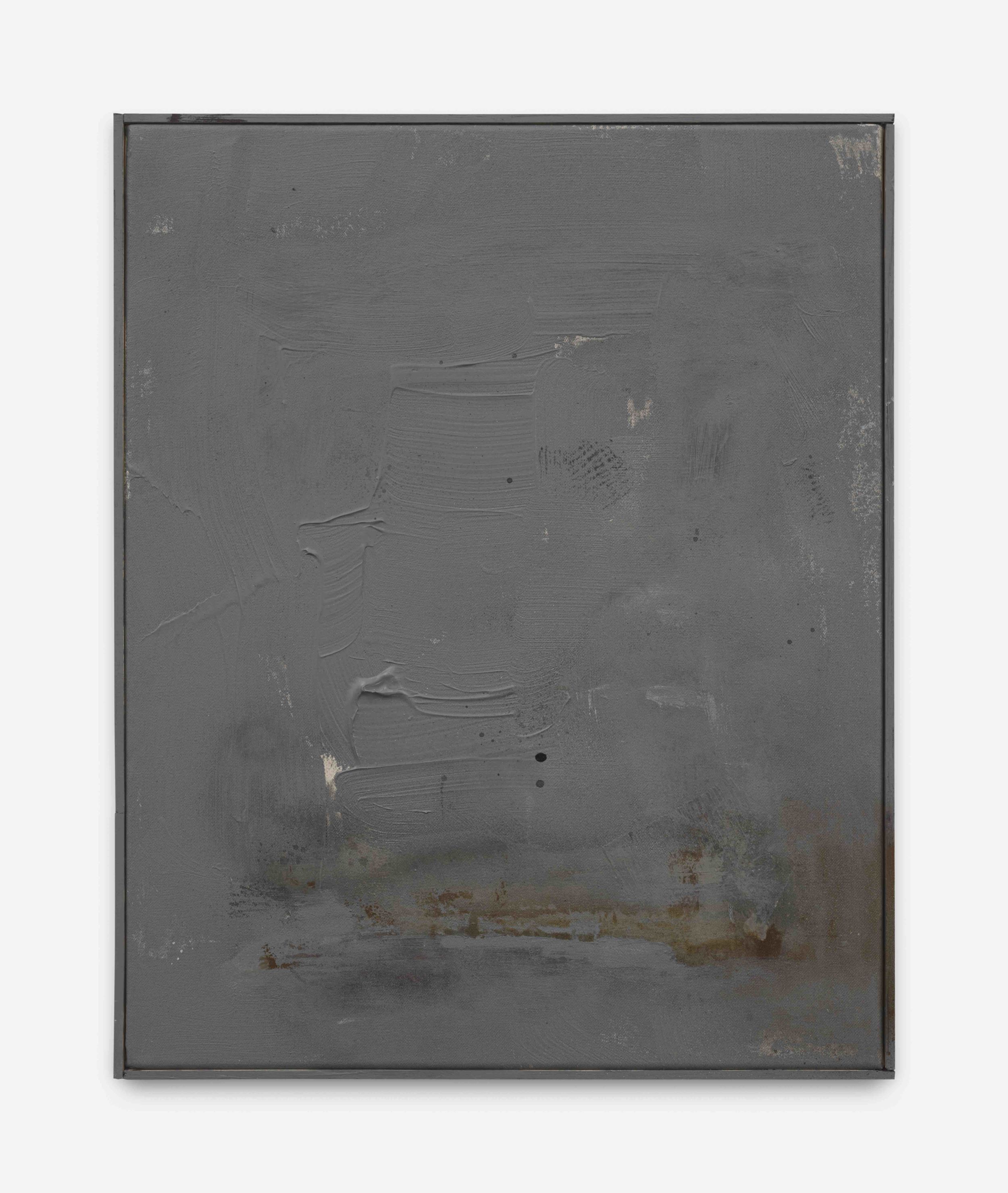
David Ostrowski
F (Chaka Khan), 2006/2021
Acrylic and lacquer on canvas, wood
51 × 41 cm
20 × 16 1/8 inches
David Ostrowski
F (Chaka Khan), 2006/2021
Acrylic and lacquer on canvas, wood
51 × 41 cm
20 × 16 1/8 inches
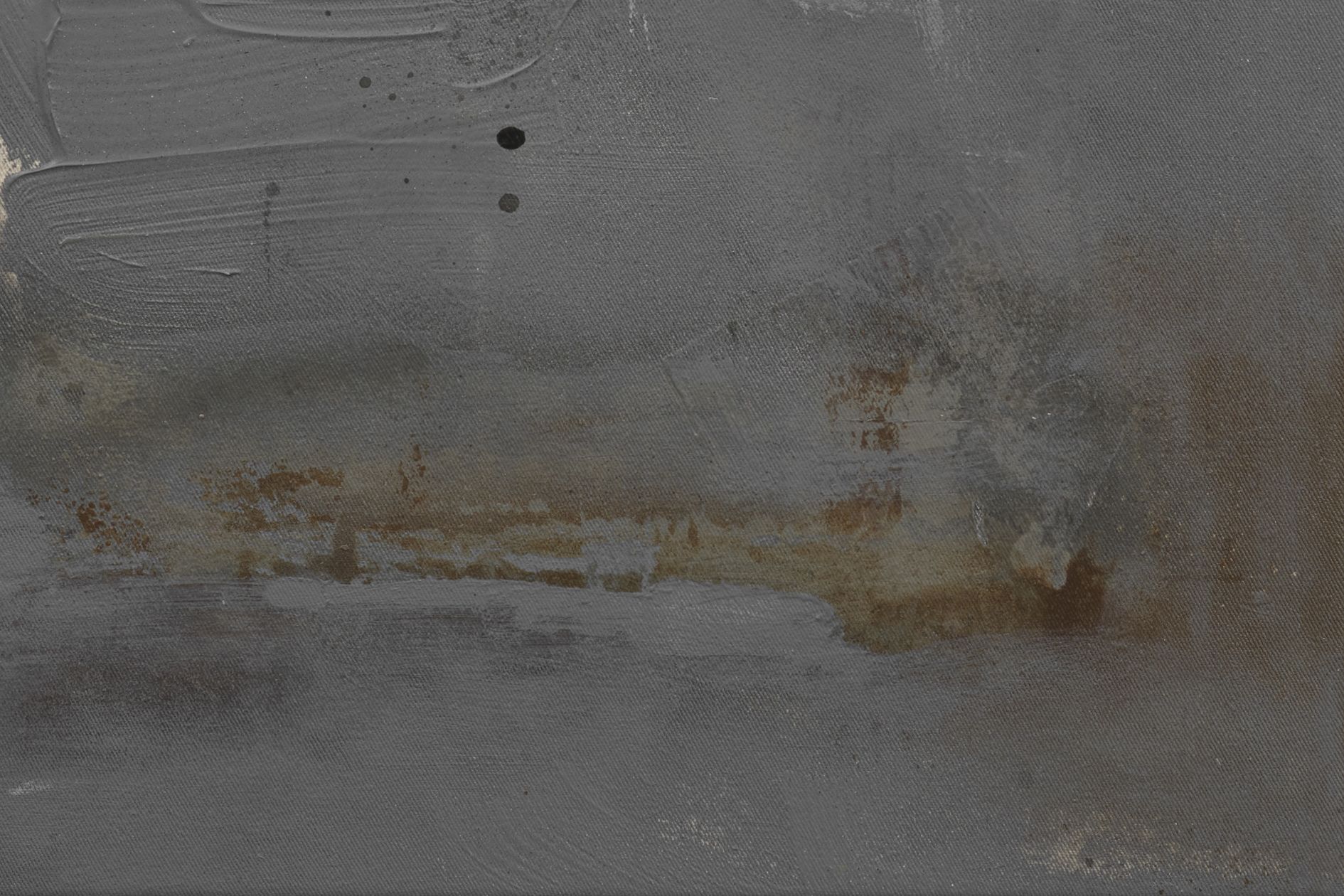

David Ostrowski
F (Chaka Khan), 2006/2021 (detail)
David Ostrowski
F (Chaka Khan), 2006/2021 (detail)
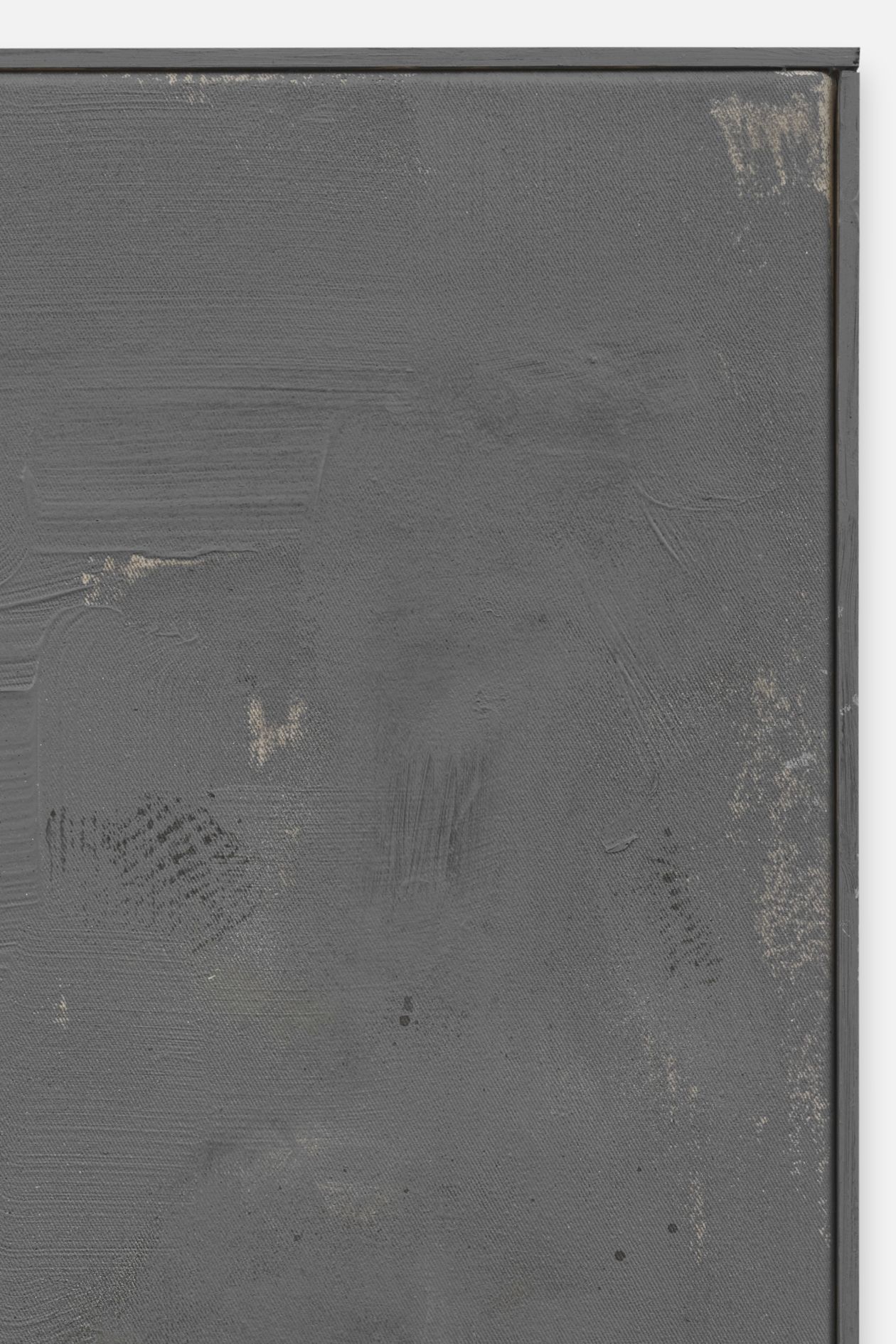

David Ostrowski
F (Chaka Khan), 2006/2021 (detail)
David Ostrowski
F (Chaka Khan), 2006/2021 (detail)
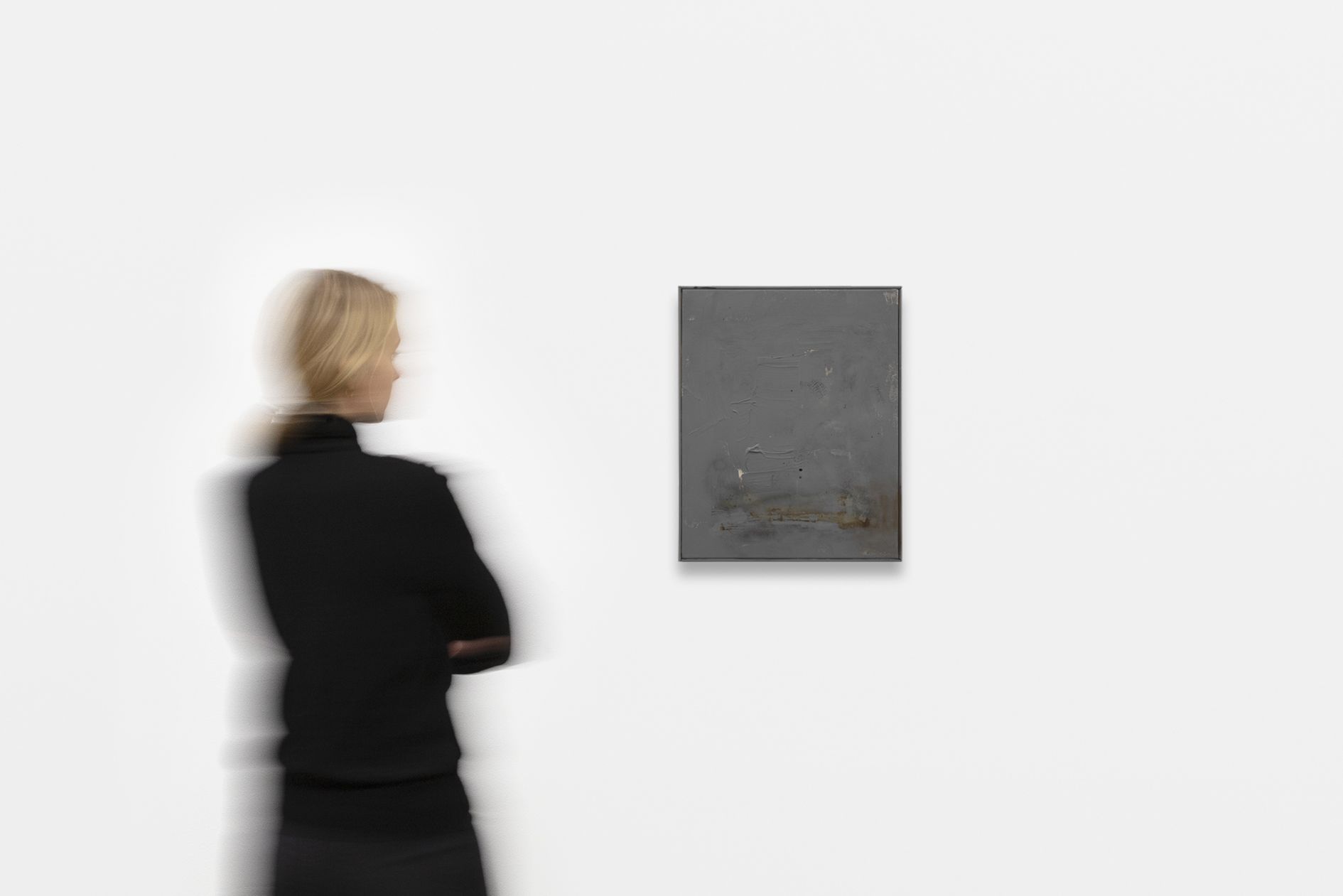

David Ostrowski
F (Chaka Khan), 2006/2021 (installation view)
David Ostrowski
F (Chaka Khan), 2006/2021 (installation view)
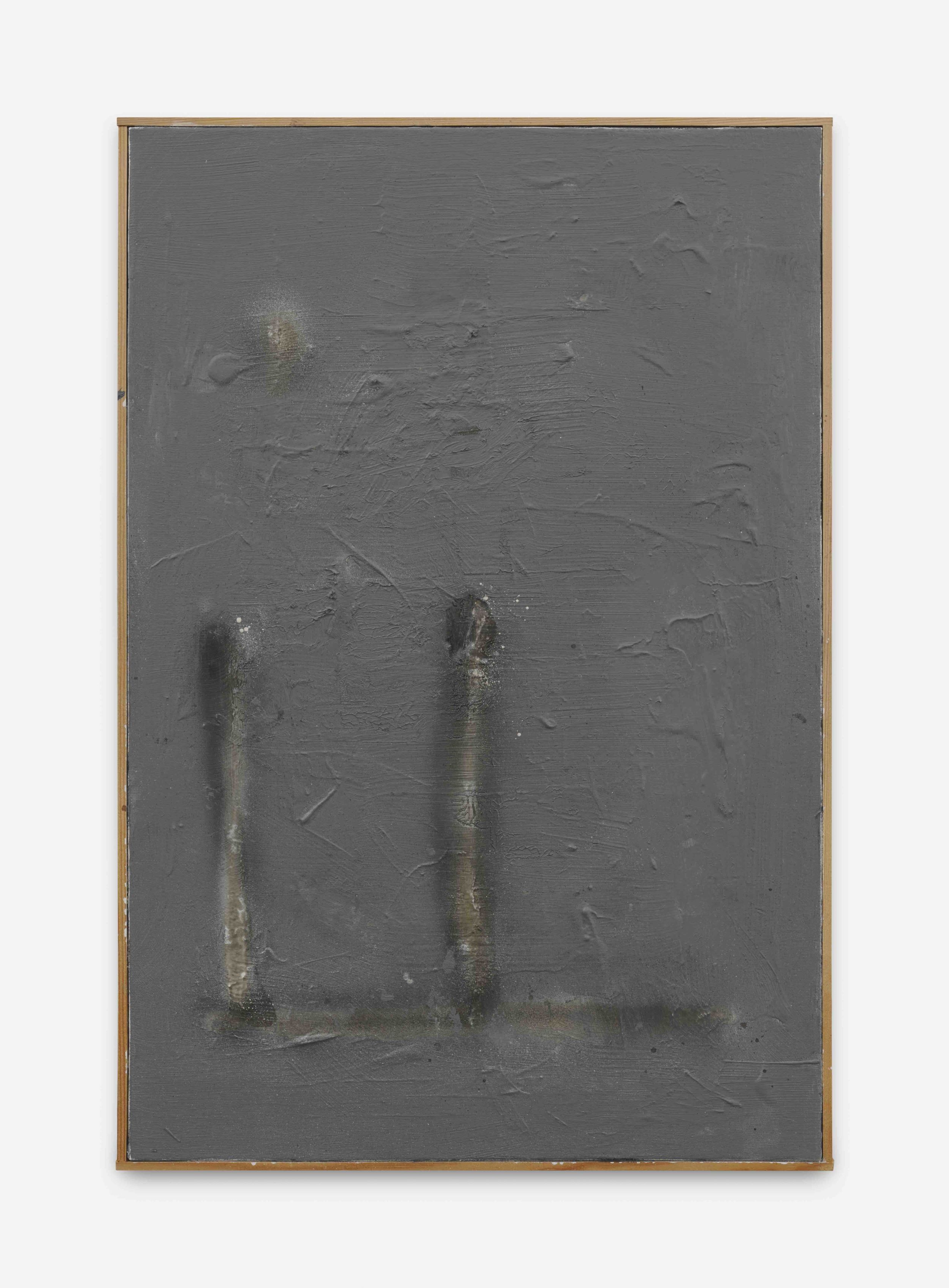
David Ostrowski
F (Faith Hill), 2005/2021
Oil, acrylic and lacquer on canvas, wood
61 × 41 cm
24 × 16 1/8 inches
David Ostrowski
F (Faith Hill), 2005/2021
Oil, acrylic and lacquer on canvas, wood
61 × 41 cm
24 × 16 1/8 inches
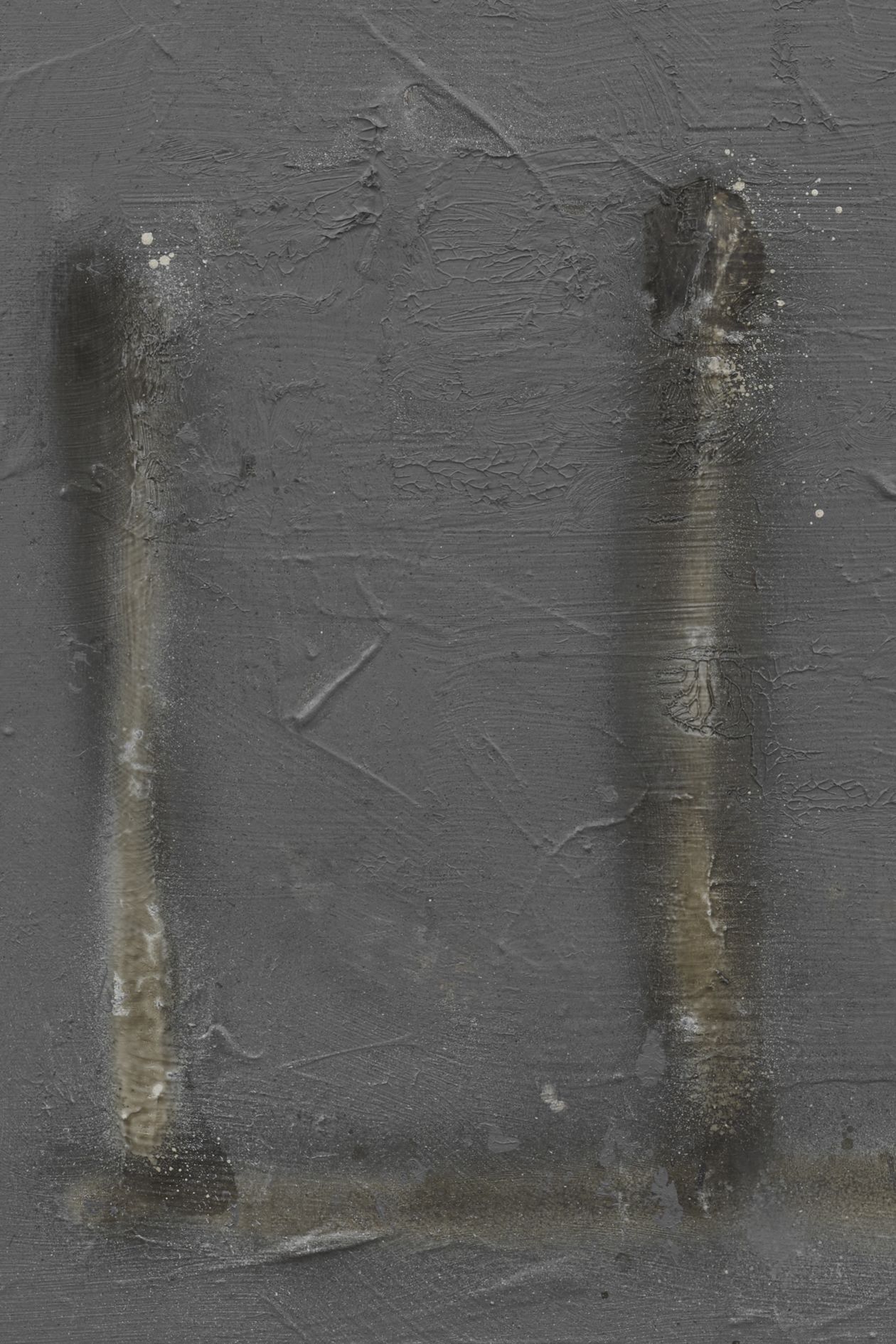

David Ostrowski
F (Faith Hill), 2005/2021 (detail)
David Ostrowski
F (Faith Hill), 2005/2021 (detail)
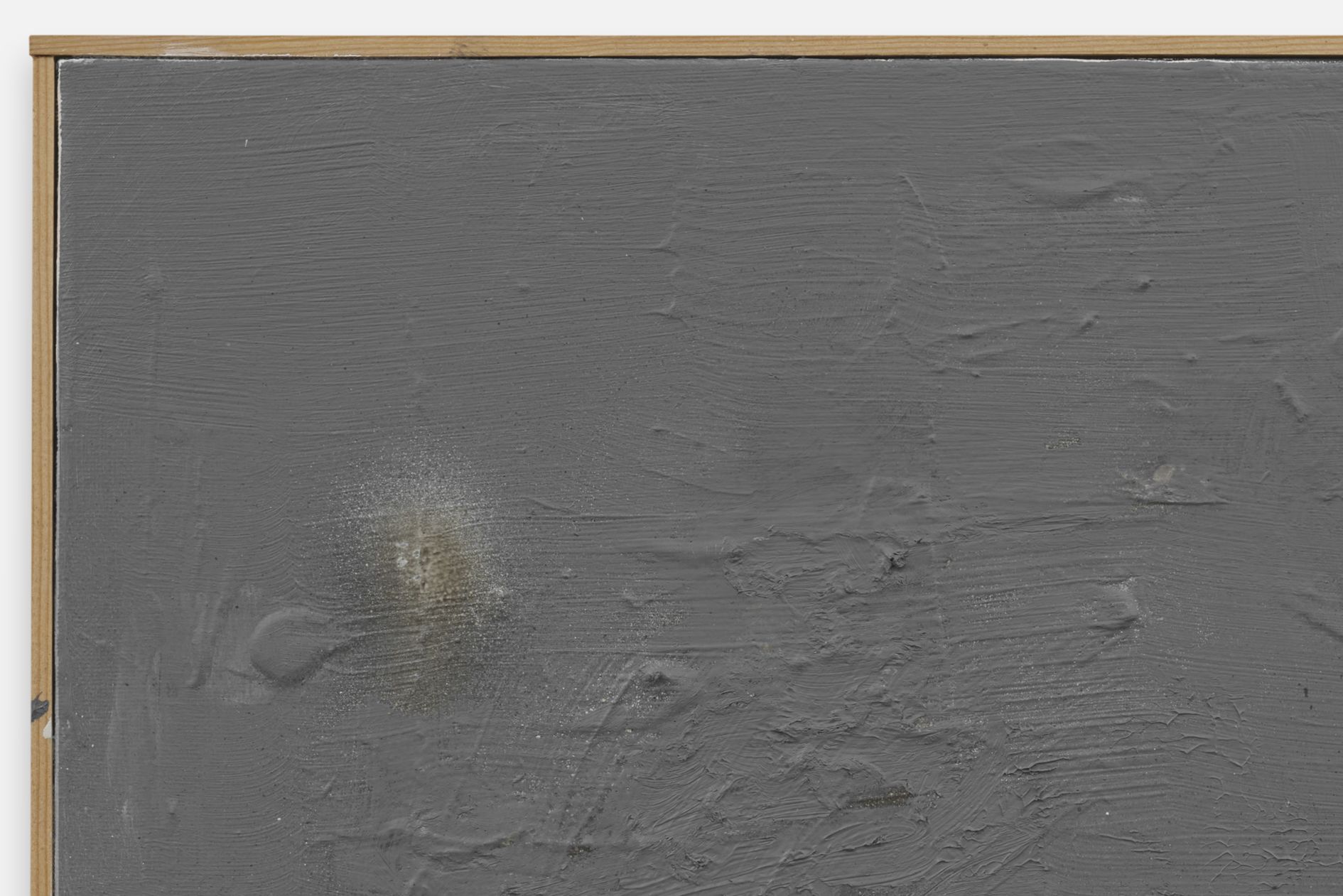

David Ostrowski
F (Faith Hill), 2005/2021 (detail)
David Ostrowski
F (Faith Hill), 2005/2021 (detail)
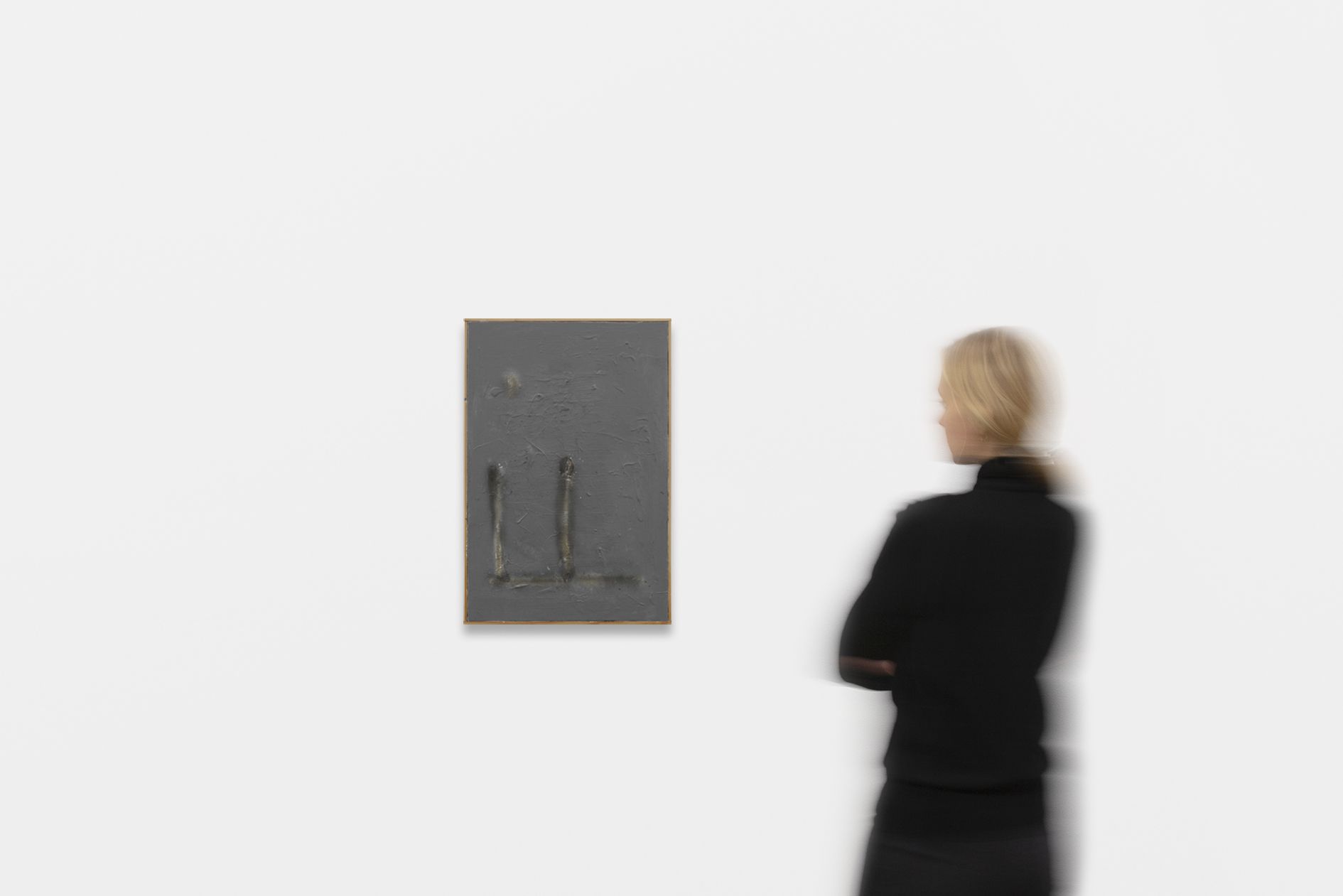

David Ostrowski
F (Faith Hill), 2005/2021 (installation view)
David Ostrowski
F (Faith Hill), 2005/2021 (installation view)
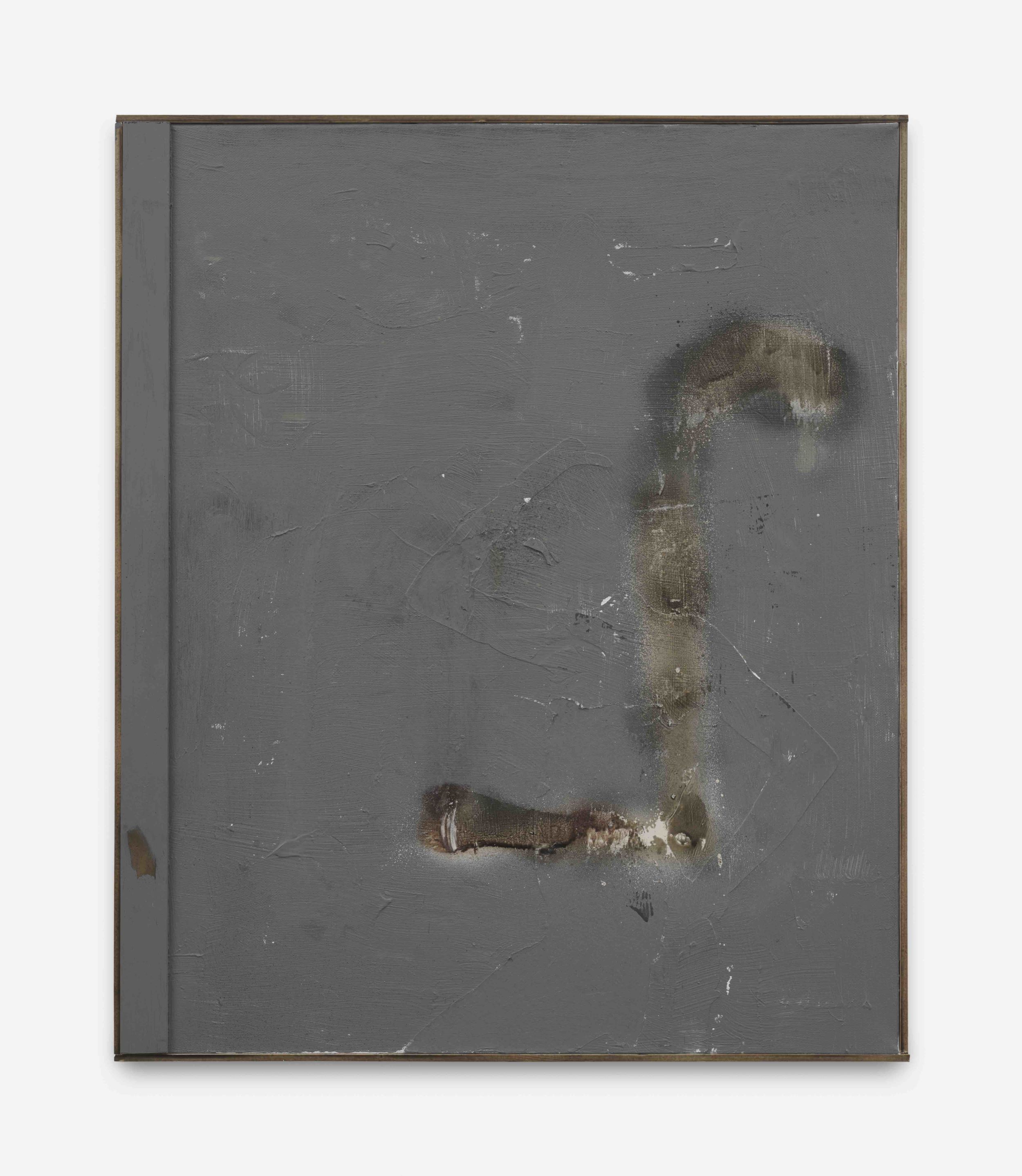
David Ostrowski
F (Garth Brooks), 2008/2021
Oil, acrylic, lacquer and paper on canvas, wood
61 × 51 cm
24 × 20 inches
David Ostrowski
F (Garth Brooks), 2008/2021
Oil, acrylic, lacquer and paper on canvas, wood
61 × 51 cm
24 × 20 inches

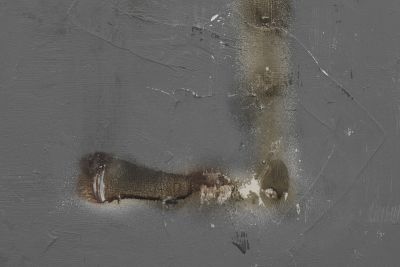
David Ostrowski
F (Garth Brooks), 2008/2021 (detail)
David Ostrowski
F (Garth Brooks), 2008/2021 (detail)
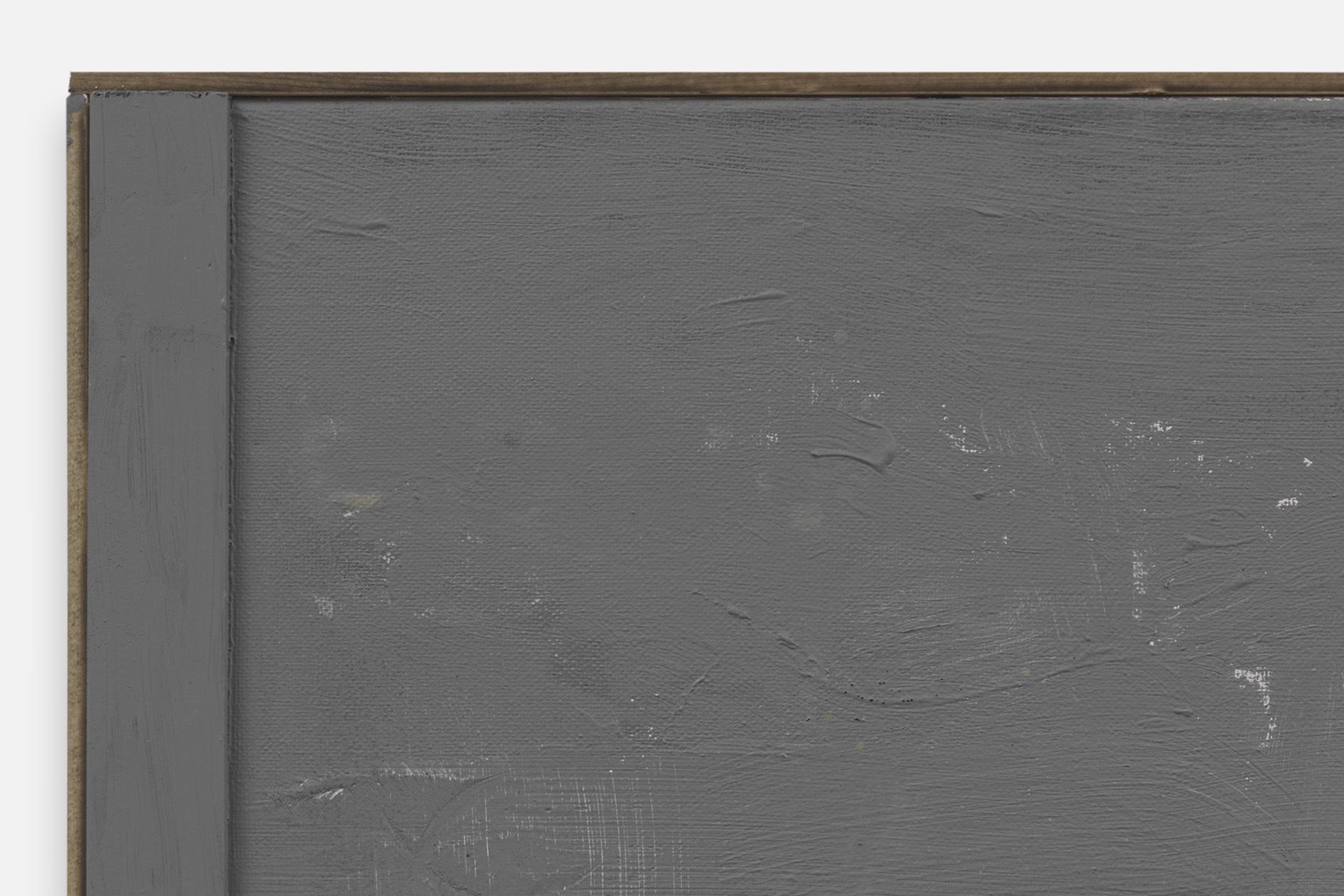

David Ostrowski
F (Garth Brooks), 2008/2021 (detail)
David Ostrowski
F (Garth Brooks), 2008/2021 (detail)
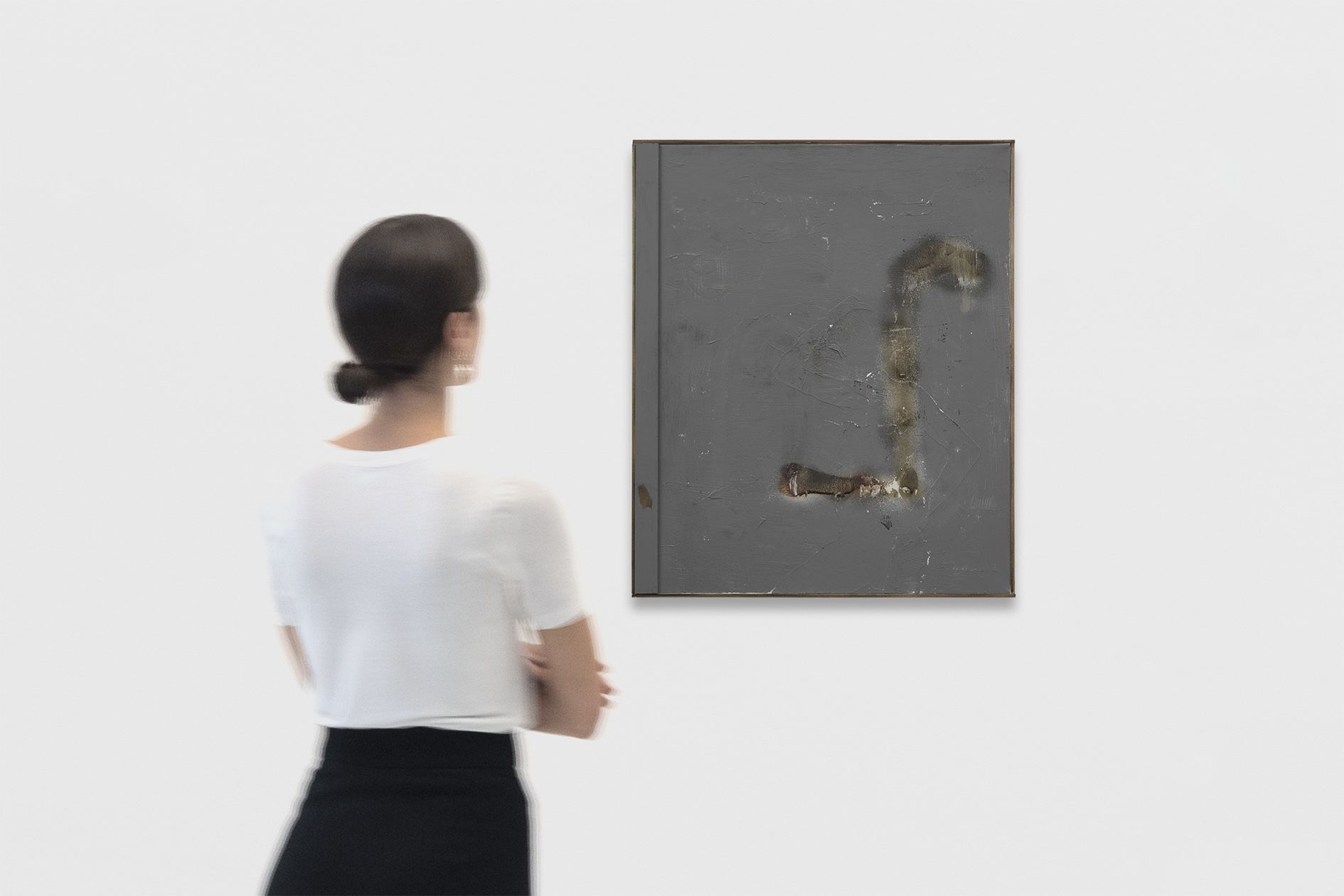

David Ostrowski
F (Garth Brooks), 2008/2021 (installation view)
David Ostrowski
F (Garth Brooks), 2008/2021 (installation view)
Certain works find Ostrowski extending the overpainting all the way to the frame, so that it also becomes part of the painting’s overall surface.
His painting process is deliberately laid bare, giving his painting a collage-like quality. A closer look often reveals traces of dirt, bits of paper, and found footage material from his studio.
The three-dimensionality of the painted surface is translated into space via the specific, focused installation of the works in the room. Five works are suspended from the ceiling in a centrally arranged row. Dividing the (pictorial) space, they function as a line that lends both the works and their presentation a drawing-like quality. This line is taken up and continued in the arrangement of other works: across corners, on the walls, in and outside of the gallery space. The hanging supports the space-creating element inherent to Ostrowski’s works and ascribes to them an architectural dimension.
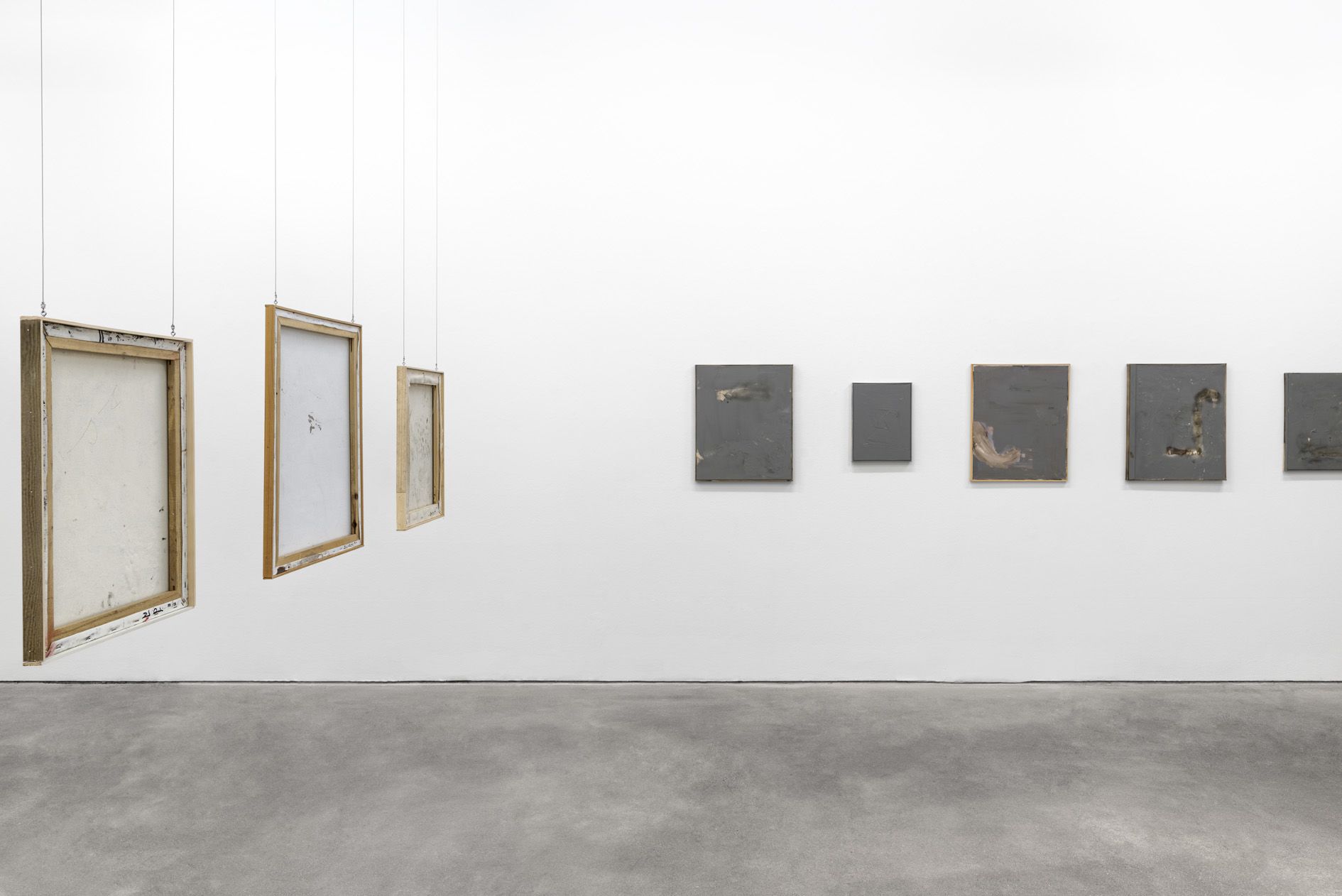
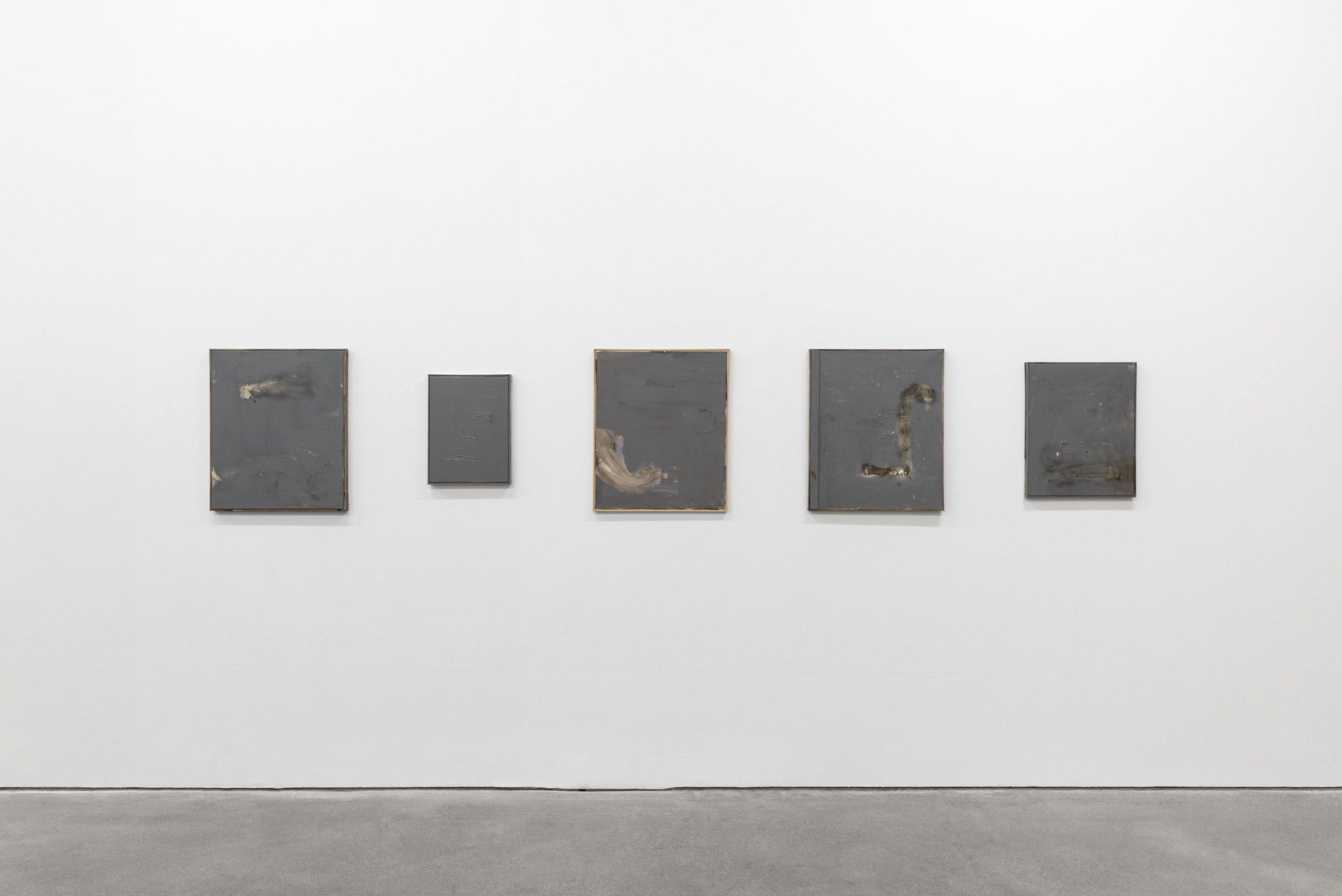
“When I hang works from the ceiling, I include their environment. The space virtually becomes part of the painting.” – David Ostrowski
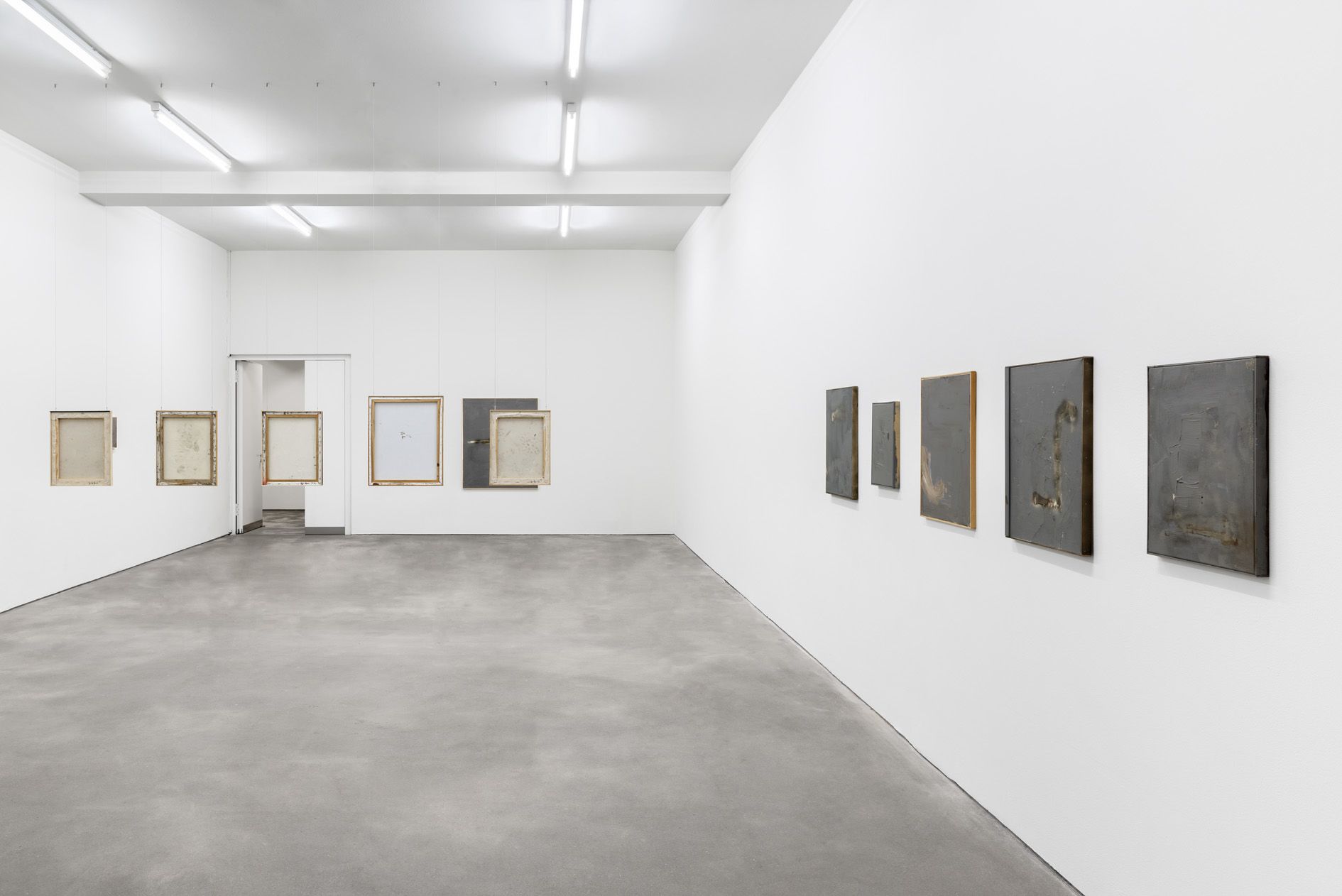
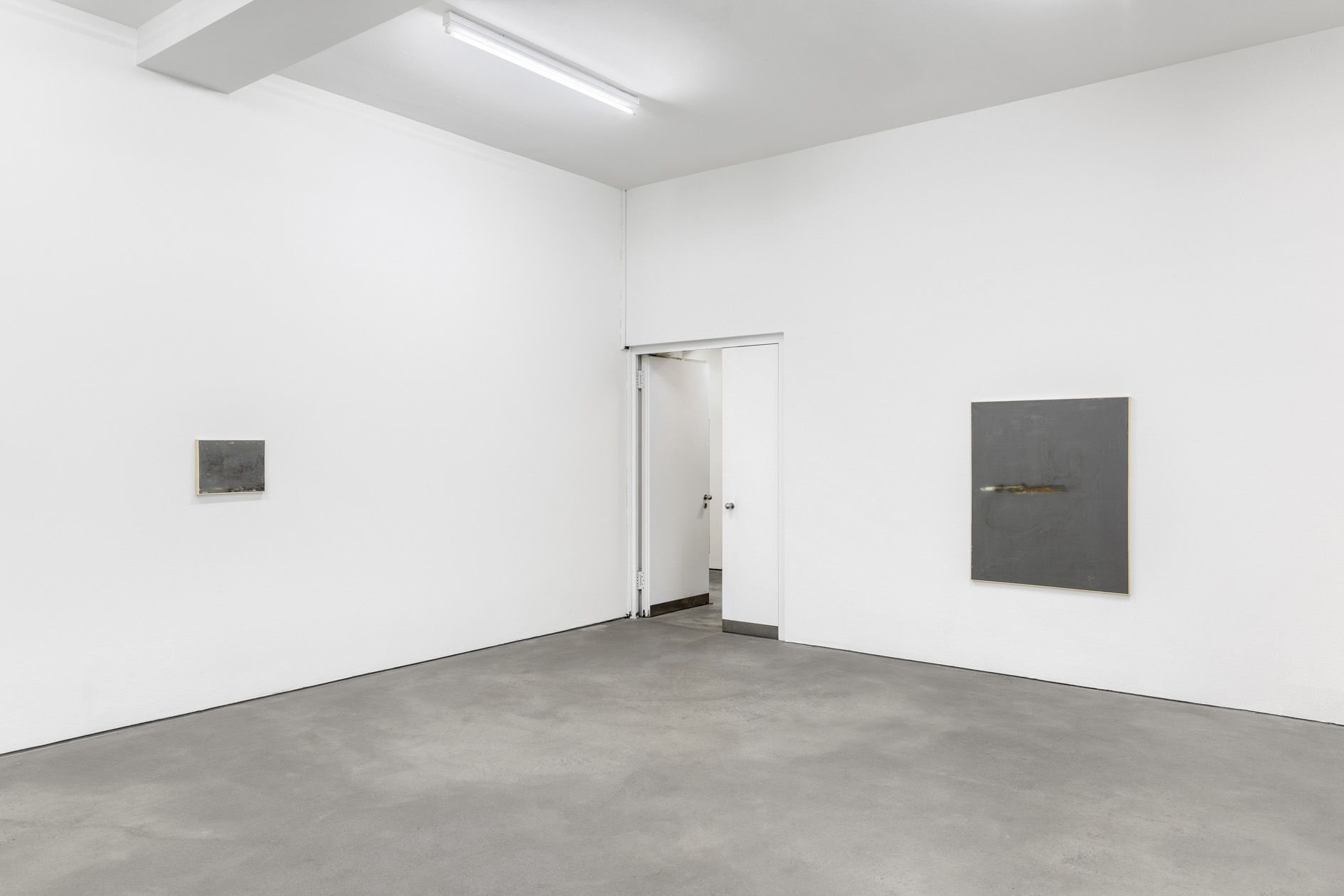
The titles of these new works combine Ostrowski’s typical F with the name of a well-known musician, i.e. F (Chris Isaak), F (Faith Hill), and F (Adriano Celentano). These titles, like the artist’s chosen materials and technique, work with what is already existing and available. They reference familiar, "mainstream" singers, the creators of the eminently accessible music that surrounds us in everyday life – and also surrounds the artist, who listens to it on CD.
David Ostrowski
F (Adriano Celentano), 2020
Acrylic on canvas, wood
51 × 41 cm
20 × 16 1/8 inches
David Ostrowski
F (Adriano Celentano), 2020 (detail)
David Ostrowski
F (Adriano Celentano), 2020 (detail)
David Ostrowski
F (Adriano Celentano), 2020 (installation view)
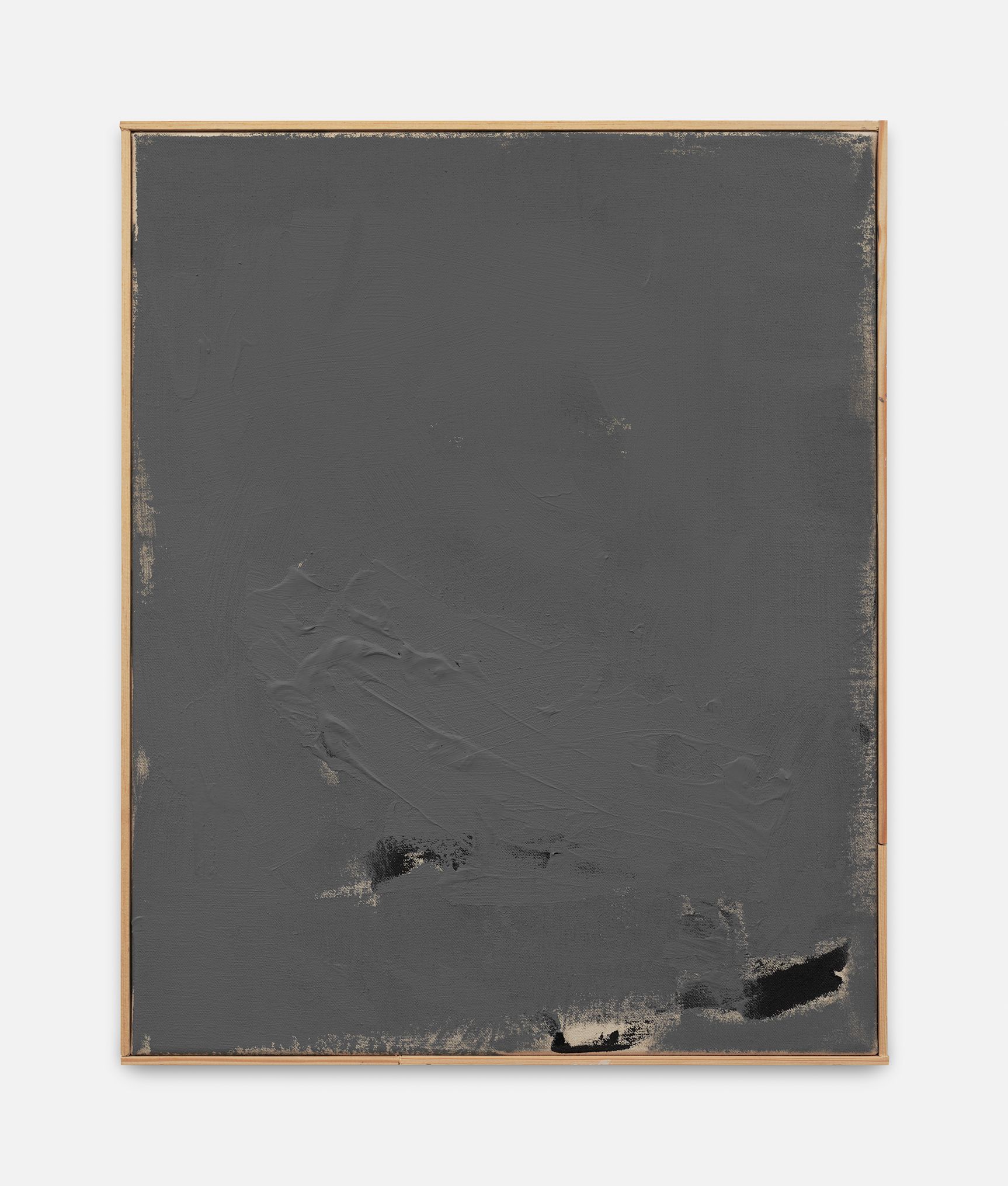
David Ostrowski
F (Adriano Celentano), 2020
Acrylic on canvas, wood
51 × 41 cm
20 × 16 1/8 inches
David Ostrowski
F (Adriano Celentano), 2020
Acrylic on canvas, wood
51 × 41 cm
20 × 16 1/8 inches


David Ostrowski
F (Adriano Celentano), 2020 (detail)
David Ostrowski
F (Adriano Celentano), 2020 (detail)


David Ostrowski
F (Adriano Celentano), 2020 (detail)
David Ostrowski
F (Adriano Celentano), 2020 (detail)
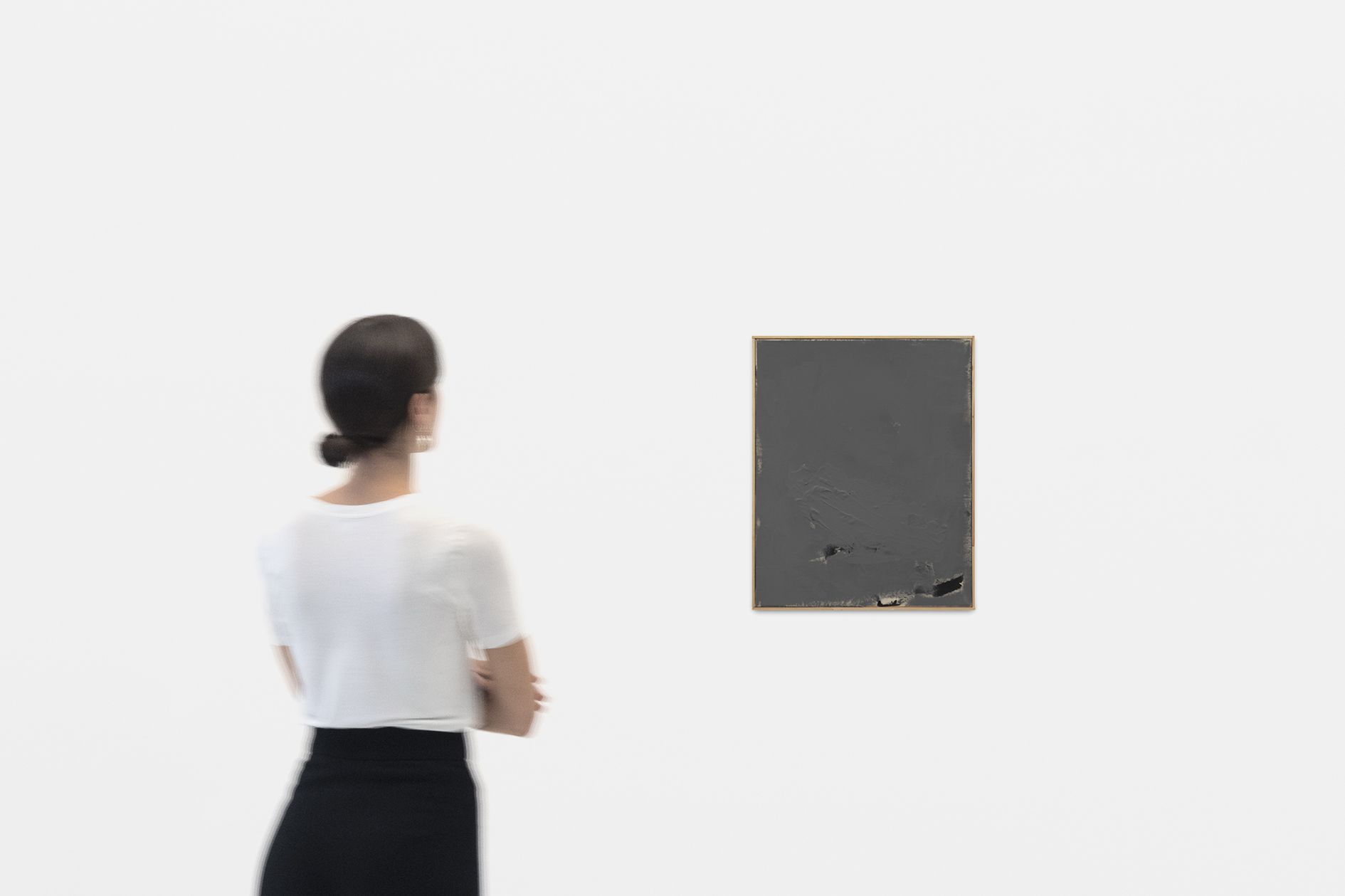

David Ostrowski
F (Adriano Celentano), 2020 (installation view)
David Ostrowski
F (Adriano Celentano), 2020 (installation view)
David Ostrowski
F (Joe Cocker), 2009/2021
Acrylic and lacquer on canvas, wood
91 × 71 cm
35 7/8 × 28 inches
David Ostrowski
F (Joe Cocker), 2009/2021 (detail)
David Ostrowski
F (Joe Cocker), 2009/2021 (detail)
David Ostrowski
F (Joe Cocker), 2009/2021 (detail)
David Ostrowski
F (Joe Cocker), 2009/2021 (installation view)
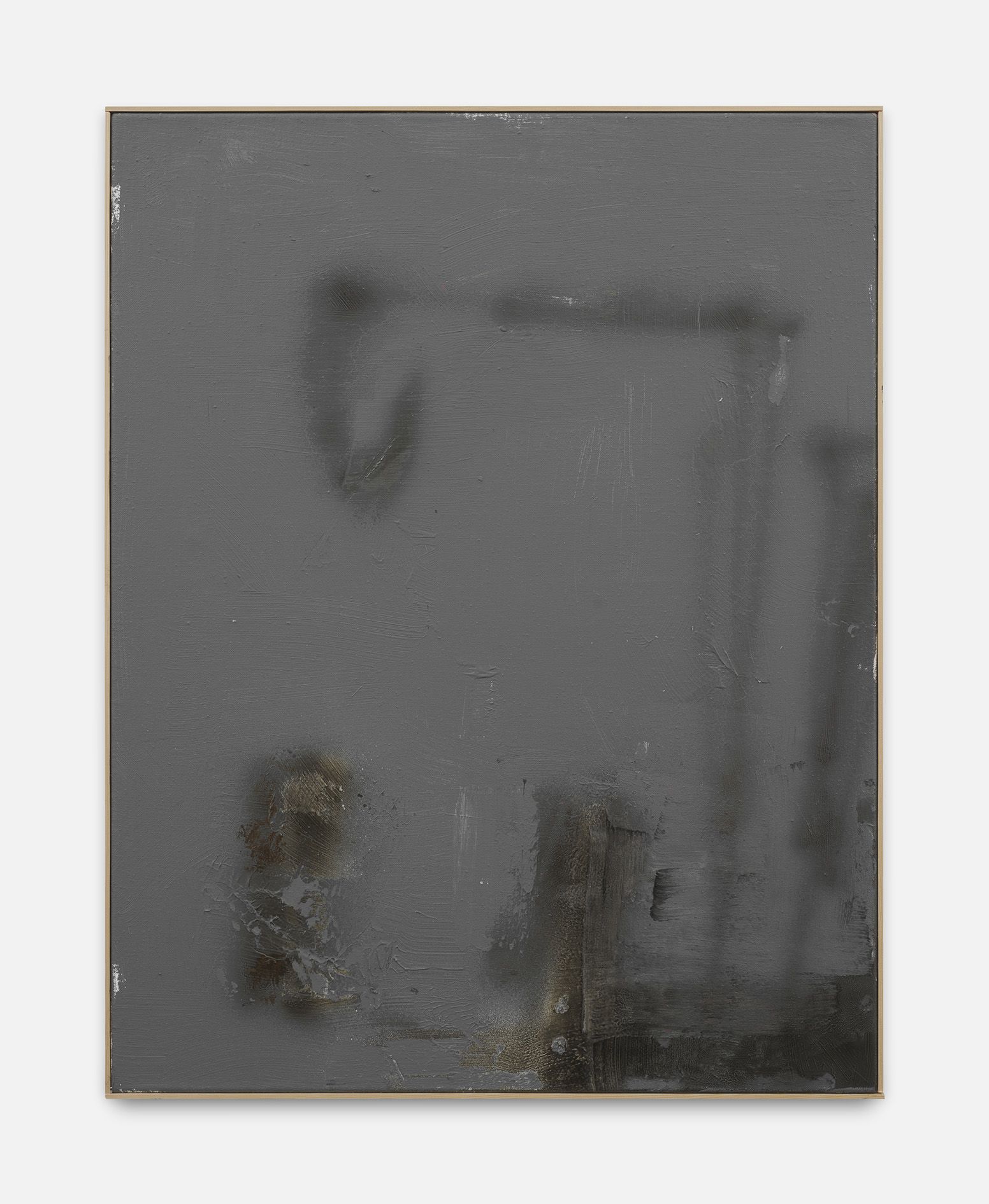
David Ostrowski
F (Joe Cocker), 2009/2021
Acrylic and lacquer on canvas, wood
91 × 71 cm
35 7/8 × 28 inches
David Ostrowski
F (Joe Cocker), 2009/2021
Acrylic and lacquer on canvas, wood
91 × 71 cm
35 7/8 × 28 inches


David Ostrowski
F (Joe Cocker), 2009/2021 (detail)
David Ostrowski
F (Joe Cocker), 2009/2021 (detail)


David Ostrowski
F (Joe Cocker), 2009/2021 (detail)
David Ostrowski
F (Joe Cocker), 2009/2021 (detail)


David Ostrowski
F (Joe Cocker), 2009/2021 (detail)
David Ostrowski
F (Joe Cocker), 2009/2021 (detail)


David Ostrowski
F (Joe Cocker), 2009/2021 (installation view)
David Ostrowski
F (Joe Cocker), 2009/2021 (installation view)

All installation views © Ingo Kniest
Created in 2020/21 in the context of the global pandemic, the color gray suggests the prevailing monotony of locked-down life, while also providing a neutral, and possibly hopeful, ground for whatever the future may yet hold. It can’t be that cold, the ironic title of the exhibition, also evokes a light at the end of the tunnel. Like the exposed shapes in the paintings, it functions as a kind of window, opening the mind and spirit to the possibility of better days ahead.
David Ostrowski
F (Boyz ll Men), 2021
Acrylic and lacquer on canvas, wood
51 × 41 cm
20 × 16 1/8 inches
David Ostrowski
F (Boyz ll Men), 2021 (detail)
David Ostrowski
F (Boyz ll Men), 2021 (installation view)
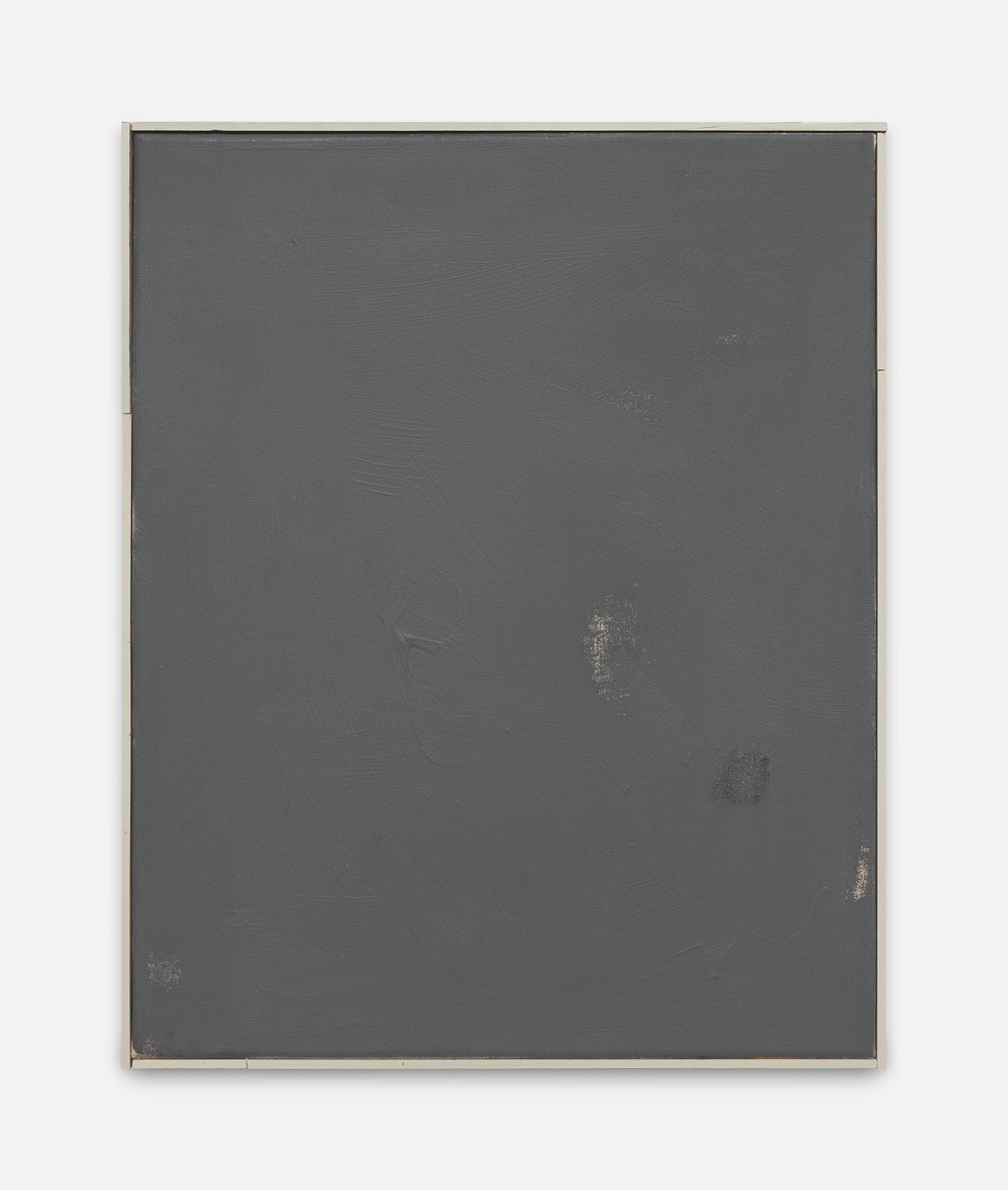
David Ostrowski
F (Boyz ll Men), 2021
Acrylic and lacquer on canvas, wood
51 × 41 cm
20 × 16 1/8 inches
David Ostrowski
F (Boyz ll Men), 2021
Acrylic and lacquer on canvas, wood
51 × 41 cm
20 × 16 1/8 inches
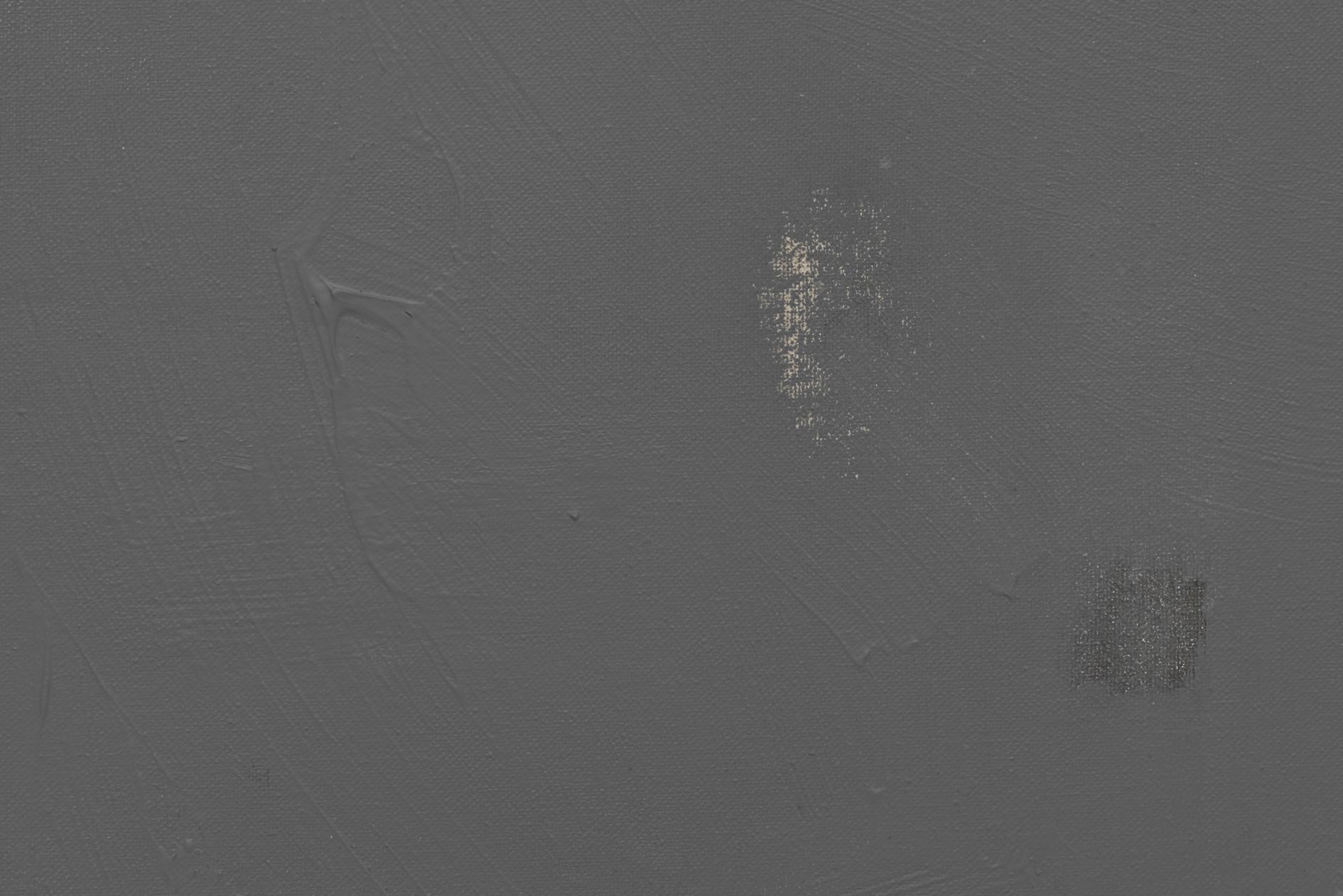

David Ostrowski
F (Boyz ll Men), 2021 (detail)
David Ostrowski
F (Boyz ll Men), 2021 (detail)
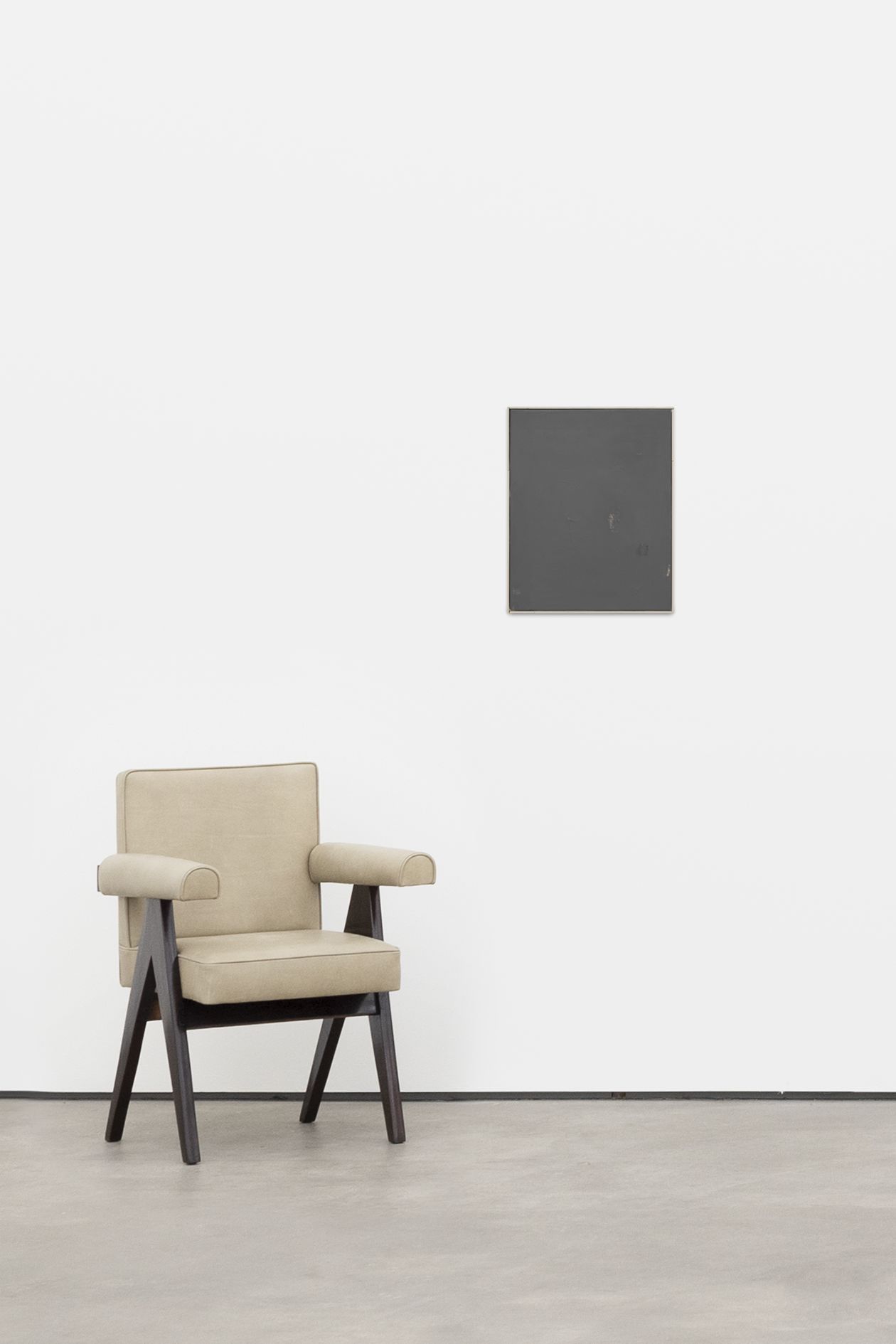

David Ostrowski
F (Boyz ll Men), 2021 (installation view)
David Ostrowski
F (Boyz ll Men), 2021 (installation view)
David Ostrowski
F (Simply Red), 2006/2020
Oil and acrylic on canvas, wood
51 × 41 cm
20 × 16 1/8 inches
David Ostrowski
F (Simply Red), 2006/2020 (detail)
David Ostrowski
F (Simply Red), 2006/2020 (detail)
David Ostrowski
F (Simply Red), 2006/2020 (installation view)

David Ostrowski
F (Simply Red), 2006/2020
Oil and acrylic on canvas, wood
51 × 41 cm
20 × 16 1/8 inches
David Ostrowski
F (Simply Red), 2006/2020
Oil and acrylic on canvas, wood
51 × 41 cm
20 × 16 1/8 inches


David Ostrowski
F (Simply Red), 2006/2020 (detail)
David Ostrowski
F (Simply Red), 2006/2020 (detail)


David Ostrowski
F (Simply Red), 2006/2020 (detail)
David Ostrowski
F (Simply Red), 2006/2020 (detail)


David Ostrowski
F (Simply Red), 2006/2020 (installation view)
David Ostrowski
F (Simply Red), 2006/2020 (installation view)
David Ostrowski
So kalt kann es nicht sein/It can't be that cold
March 3–April 10, 2021
This site uses cookies to improve user experience. By clicking “Accept” you consent to our use of cookies. Further information can be found in our Cookie Policy.
To provide the best experiences, we use technologies like cookies to store and/or access device information. Consenting to these technologies will allow us to process data such as browsing behavior or unique IDs on this site. Not consenting or withdrawing consent, may adversely affect certain features and functions.
To receive all news concerning our exhibitions and events, please subscribe to our newsletter. After a long tradition of mailing poster announcements, Sprüth Magers will send this information exclusively via email going forward in order to limit our carbon footprint. Posters will still be available at our physical locations and can be sent out by mail upon request.
Our newsletter will keep you up to date with the full range of the gallery’s activities and our artists’ exhibitions, at the gallery and in museums. We send a newsletter three or four times a month.
If you sign up to receive our newsletter, we will save your email address, full name, and any other information you provide in order to send you more personalized content. We may track how often the newsletters are opened, and whether the links within them have been opened. You can revoke your consent by unsubscribing from the newsletter at any time.
